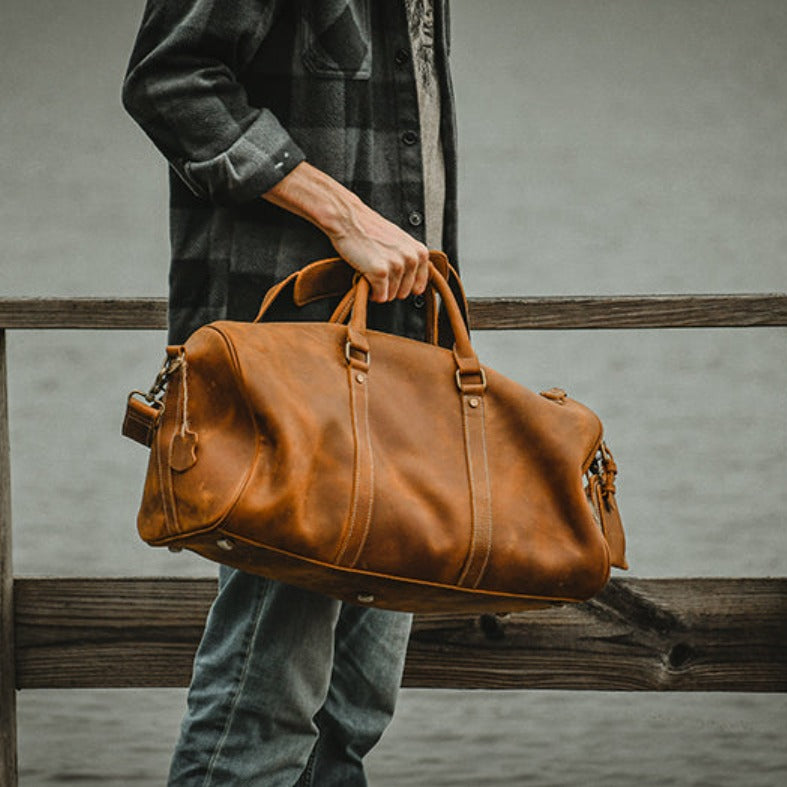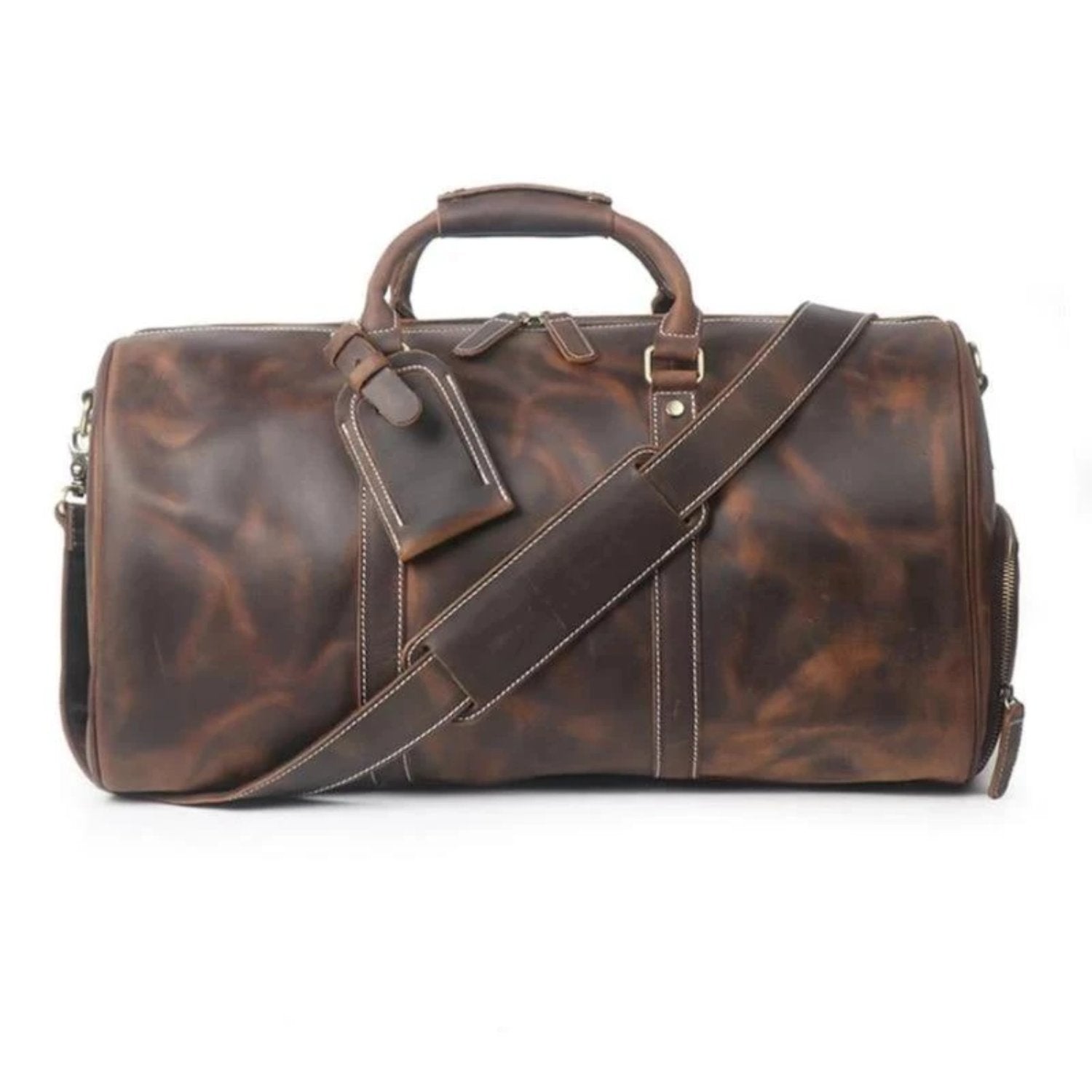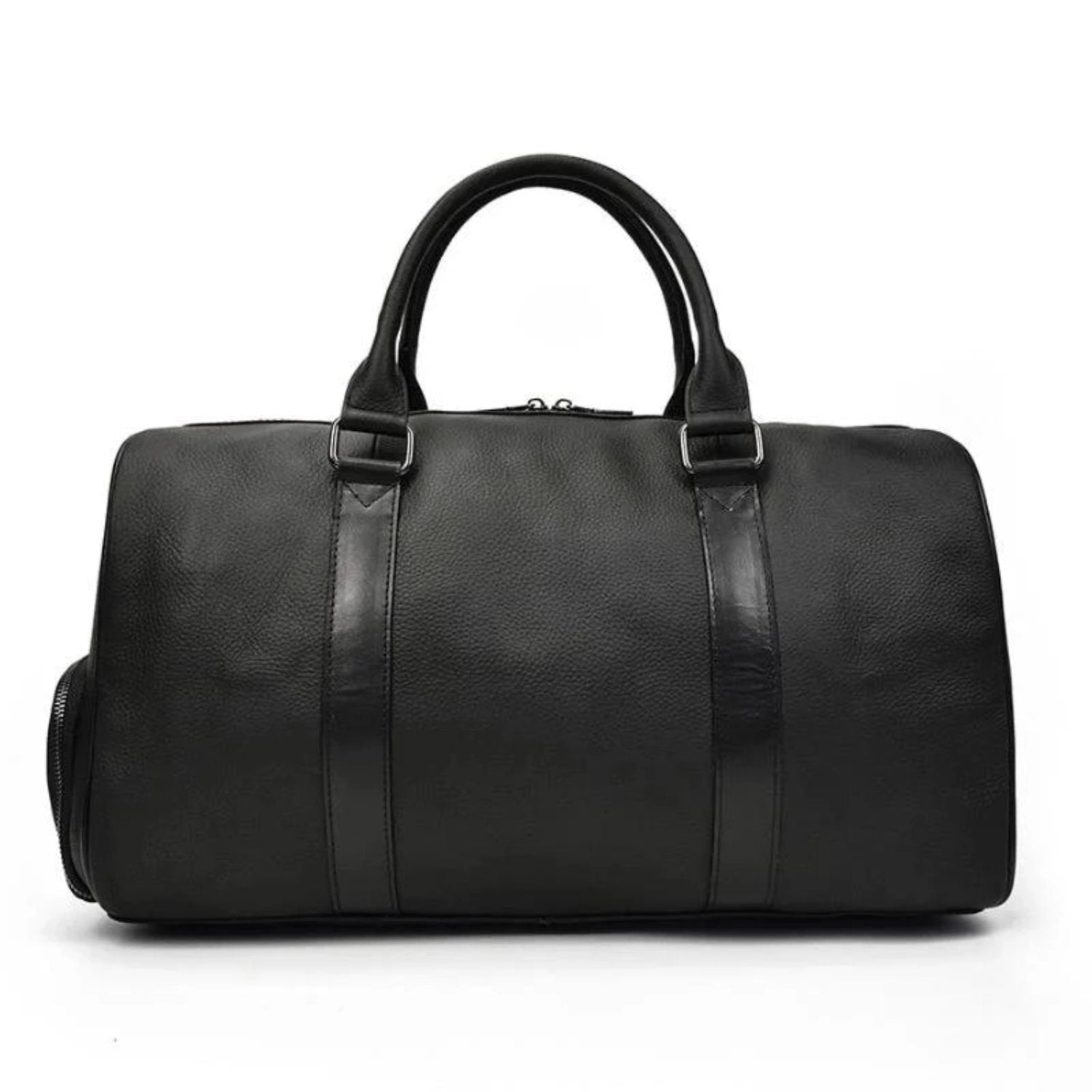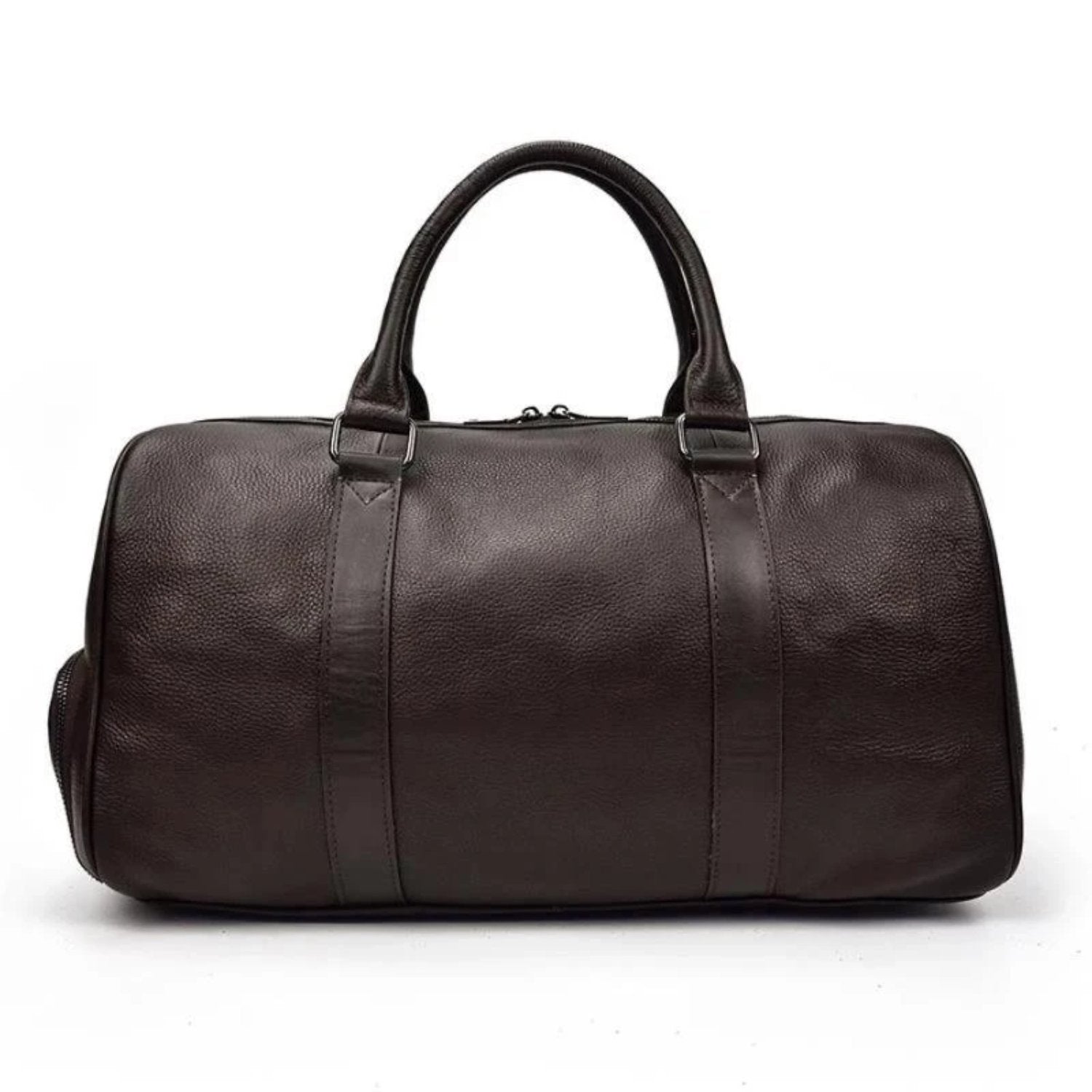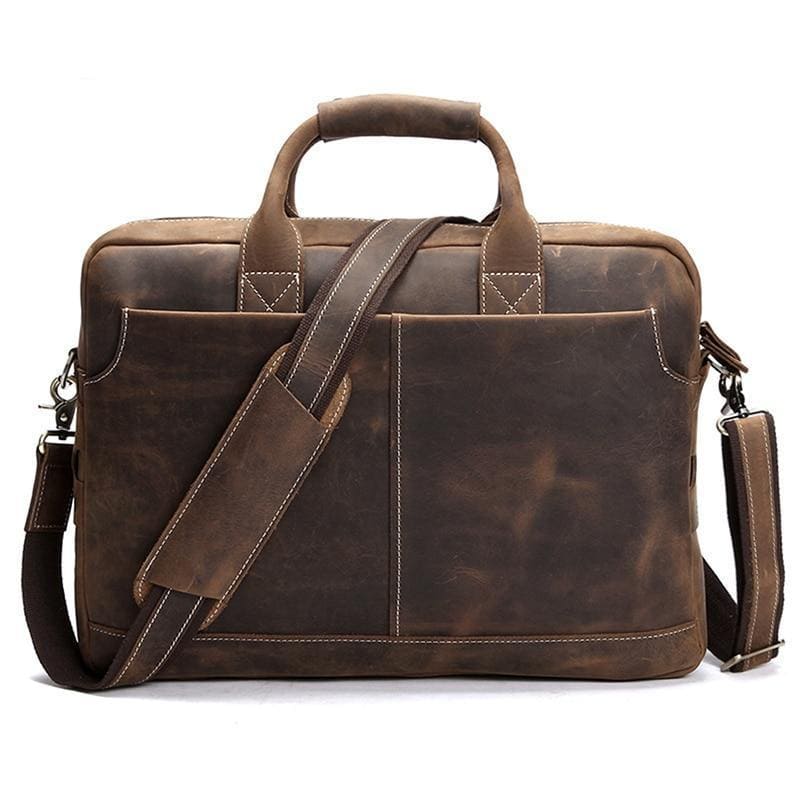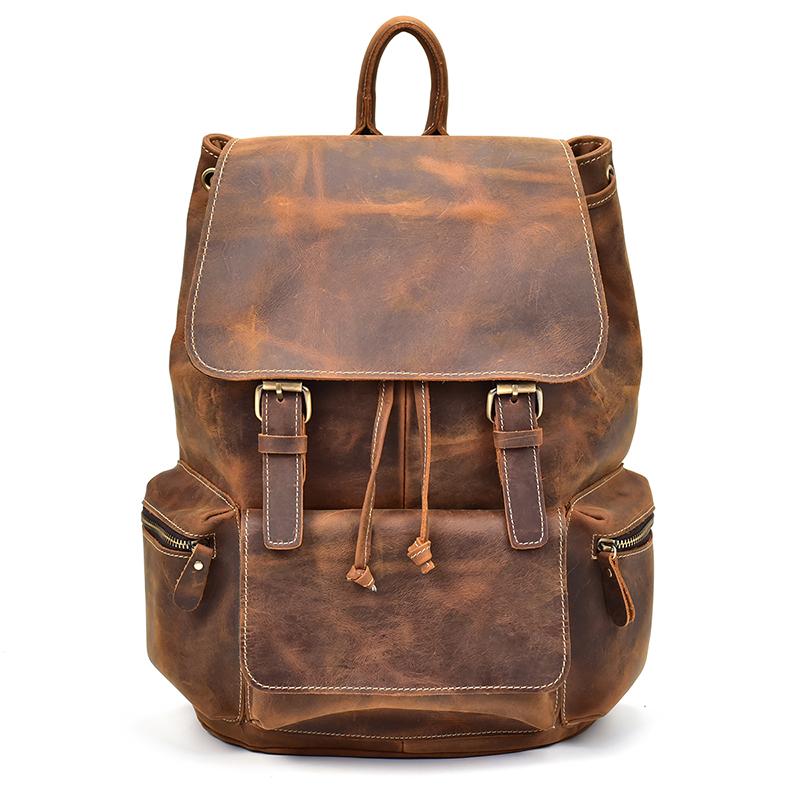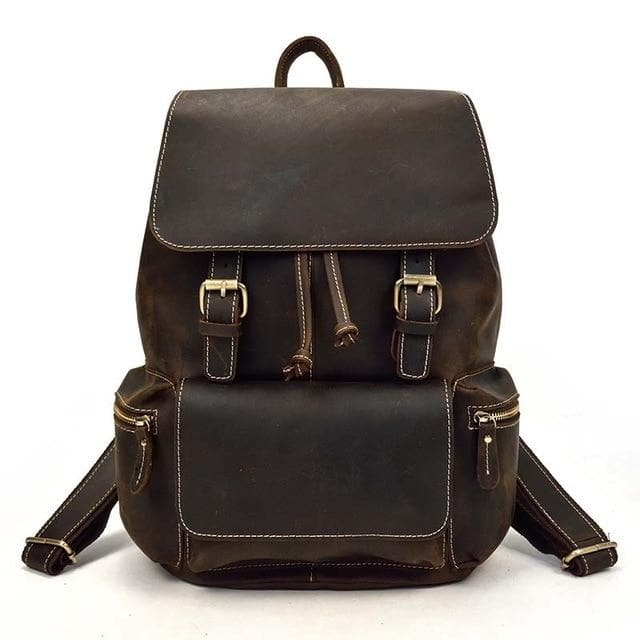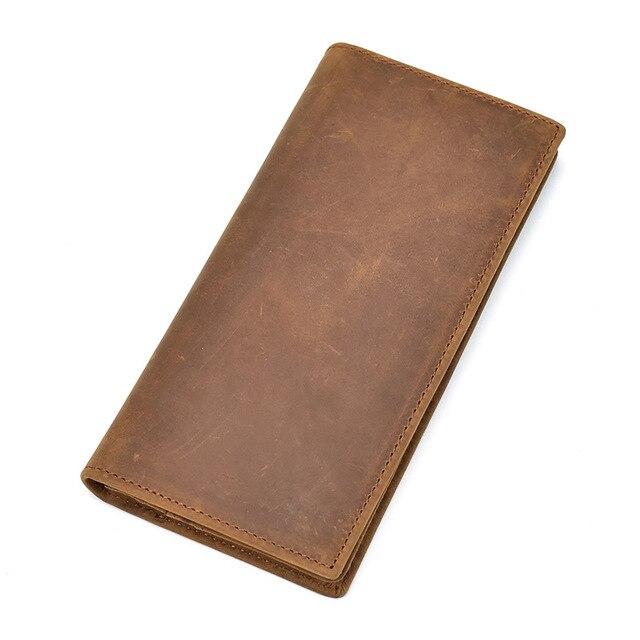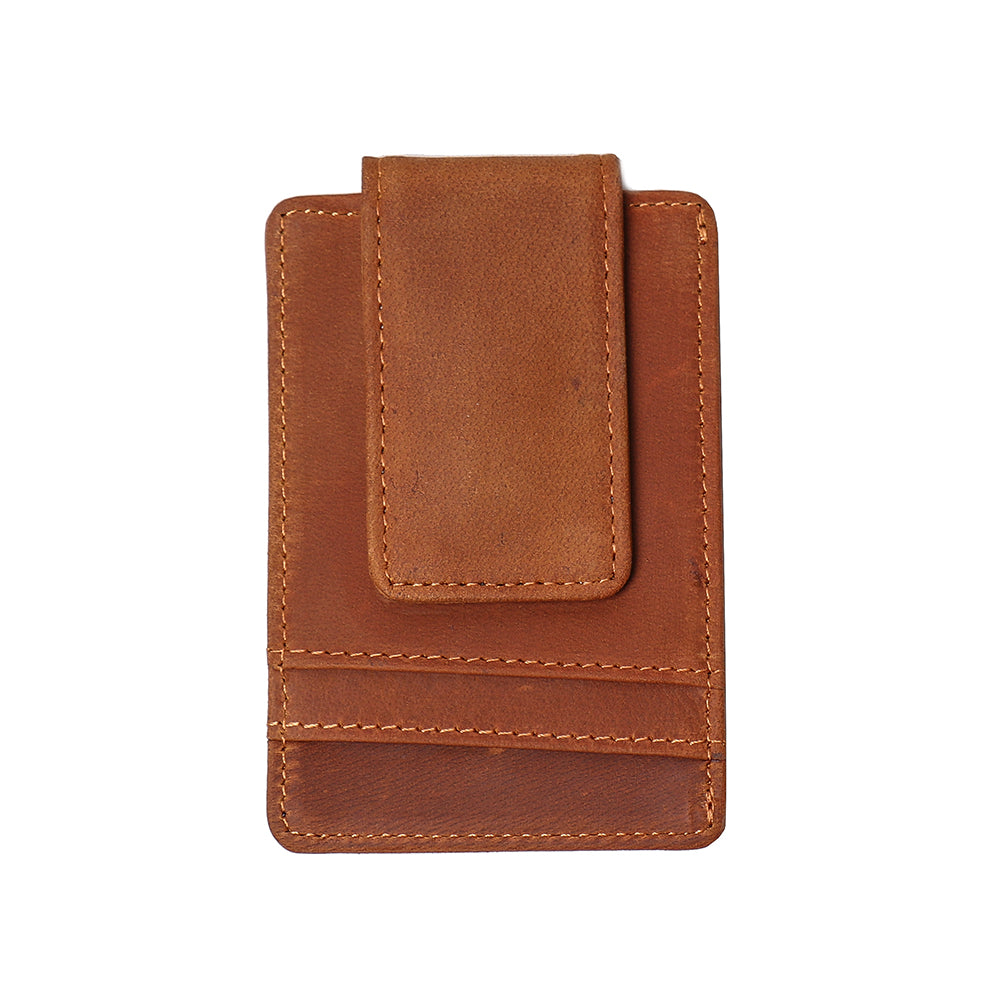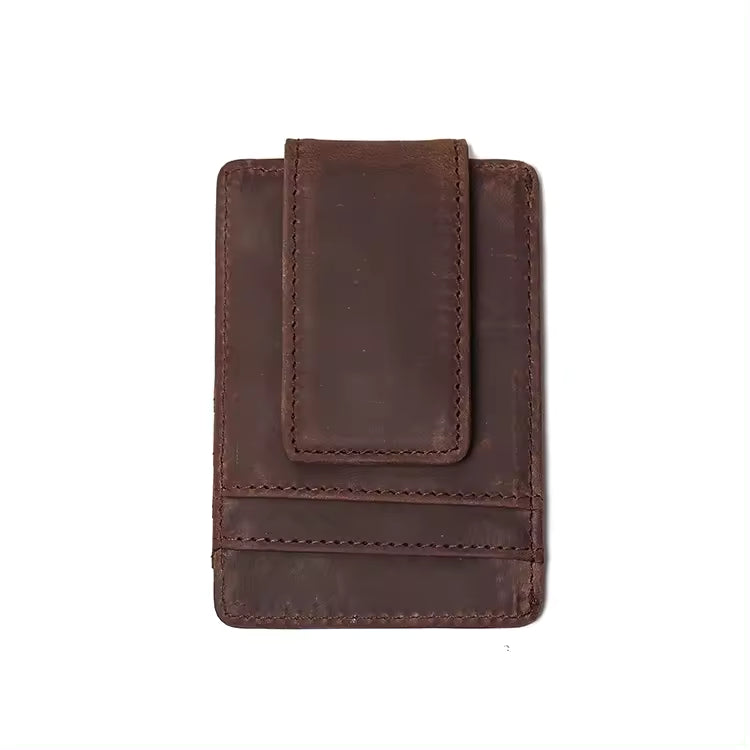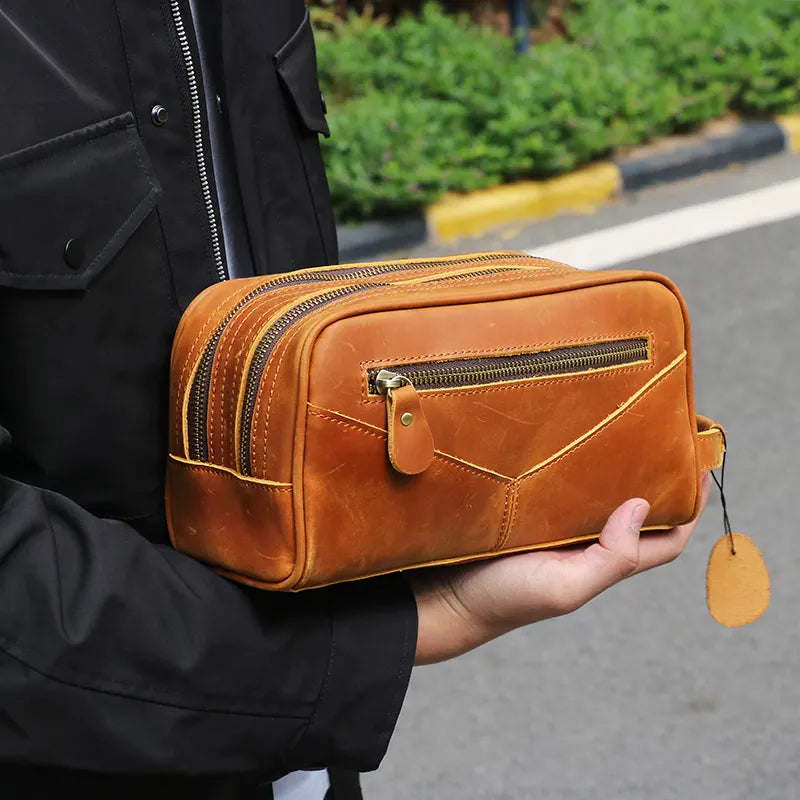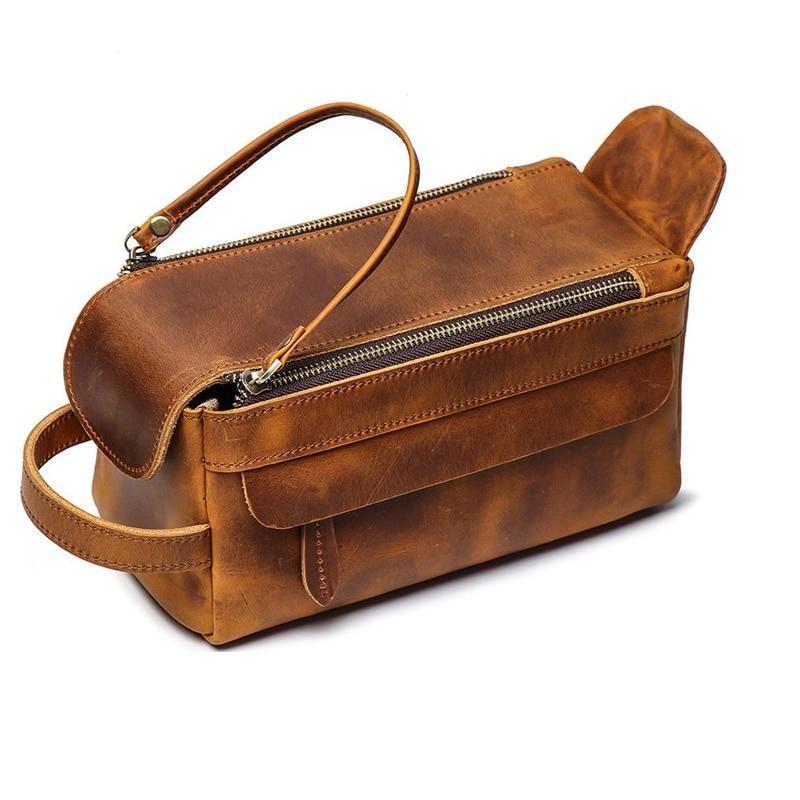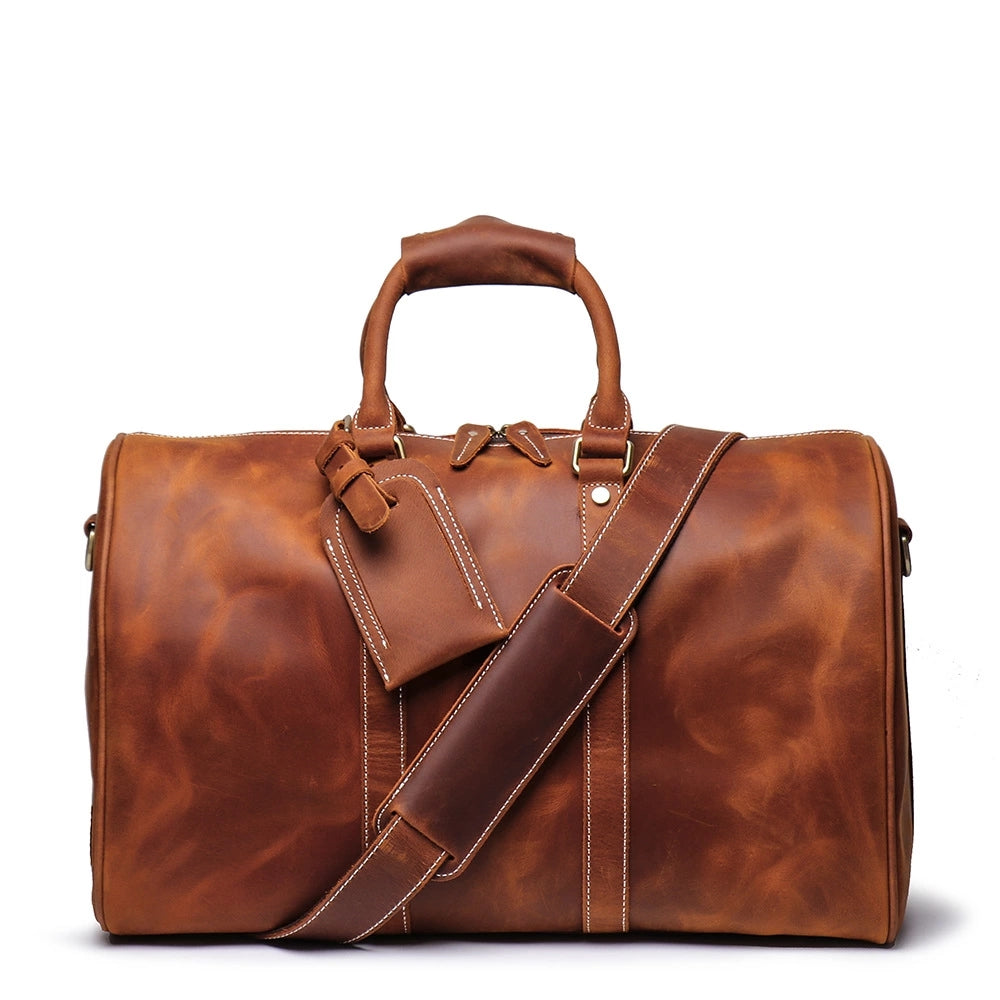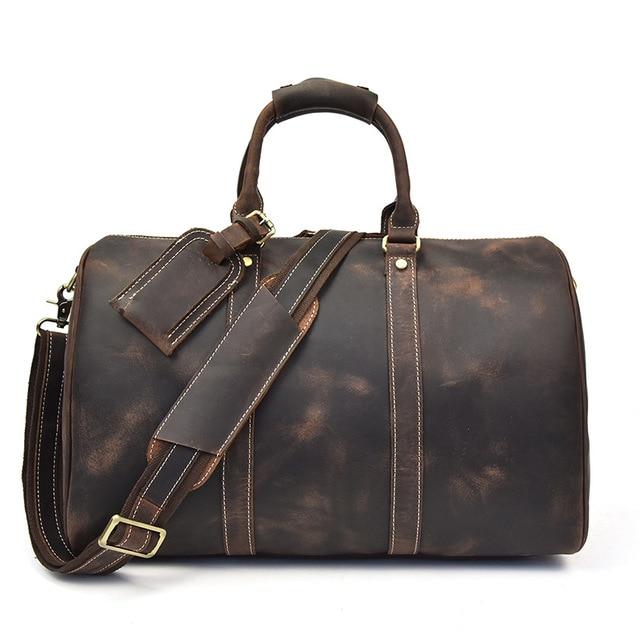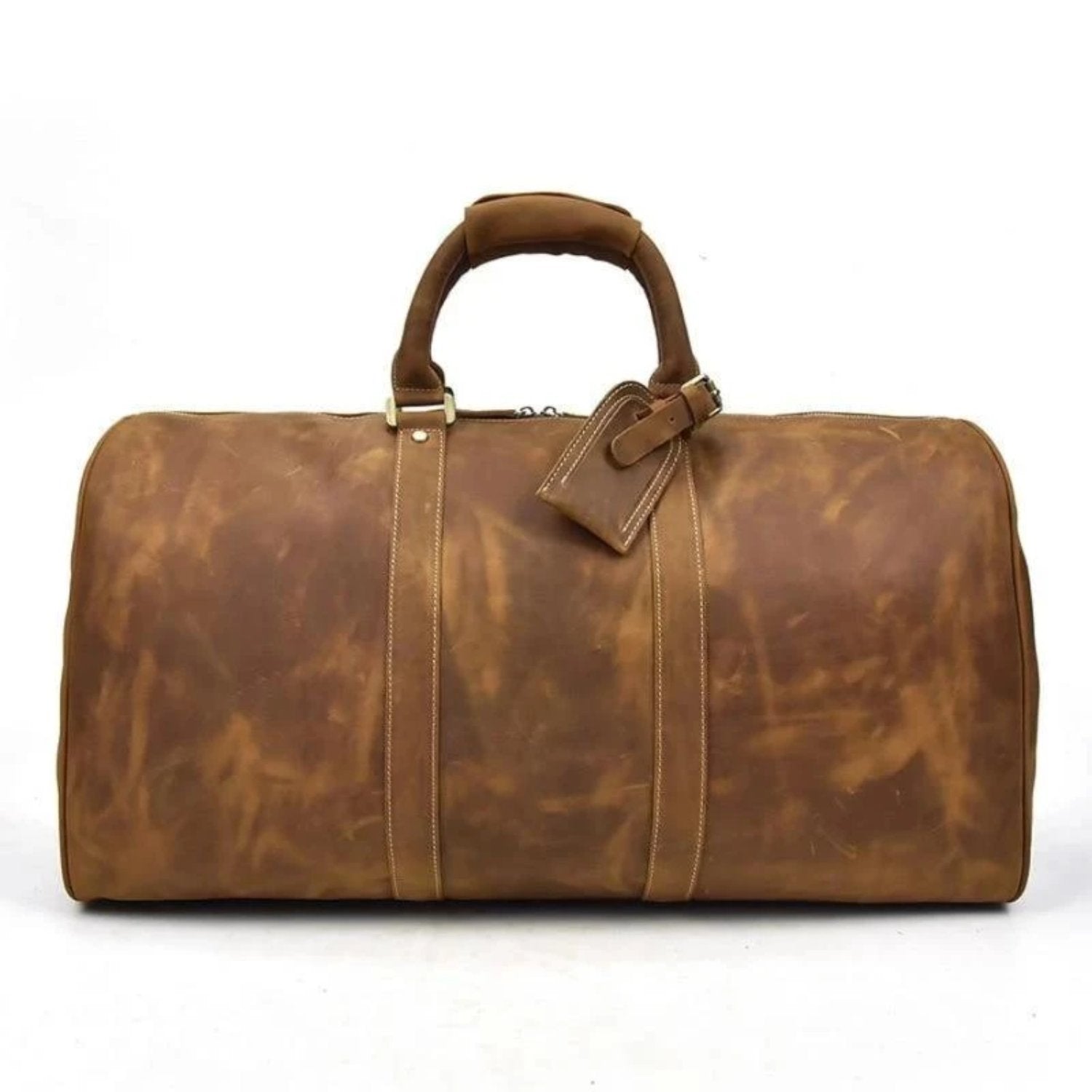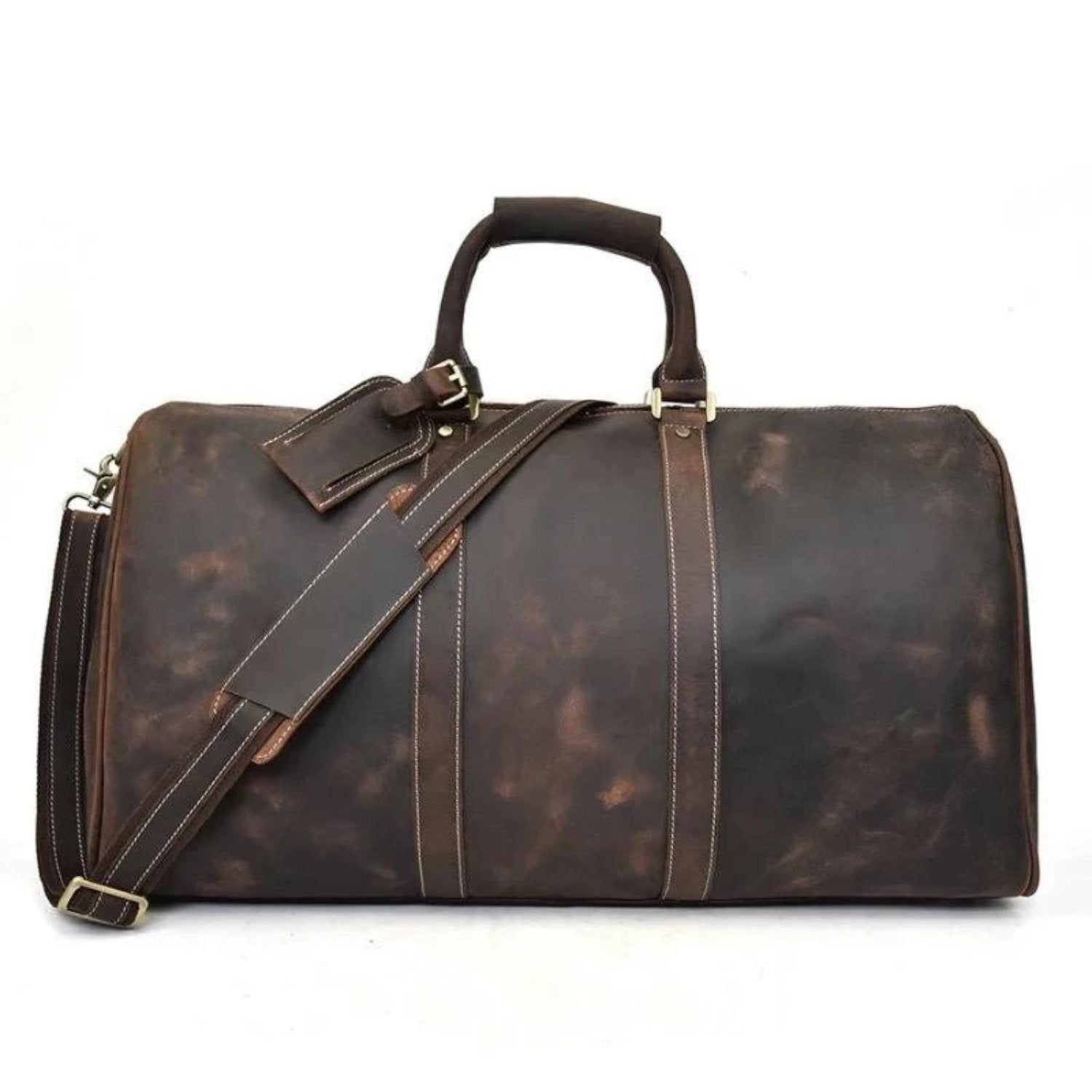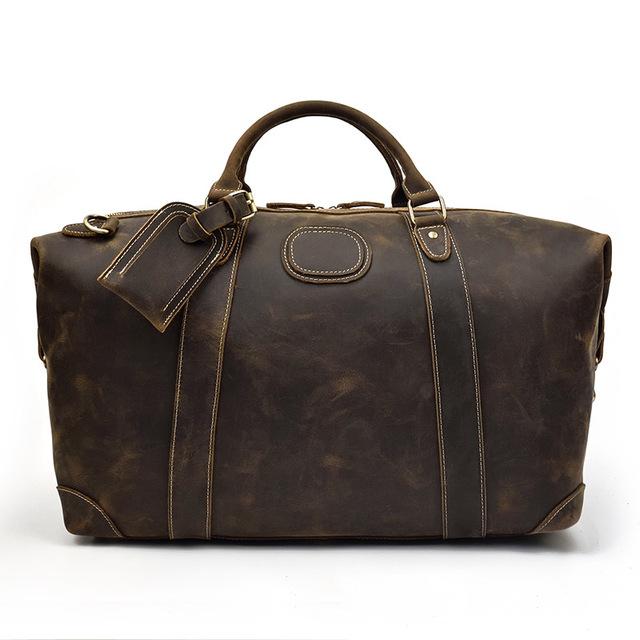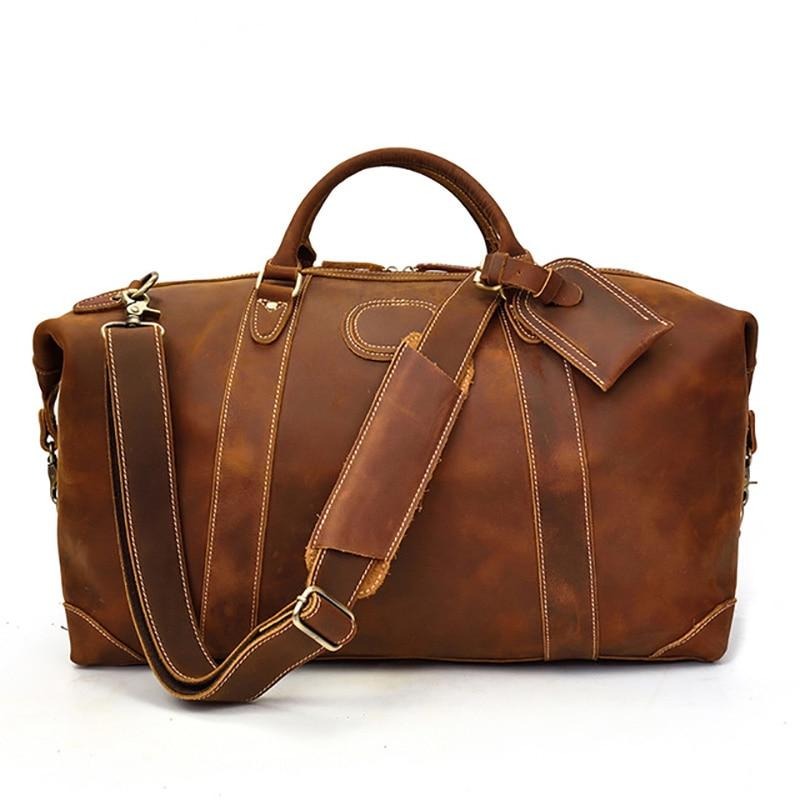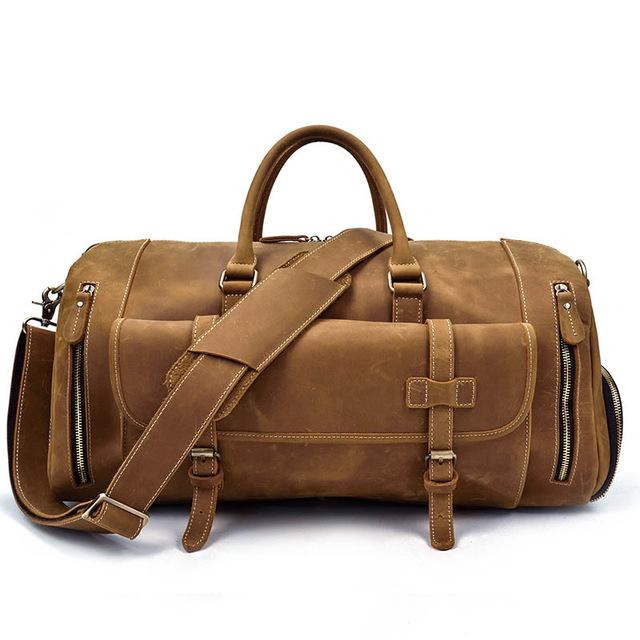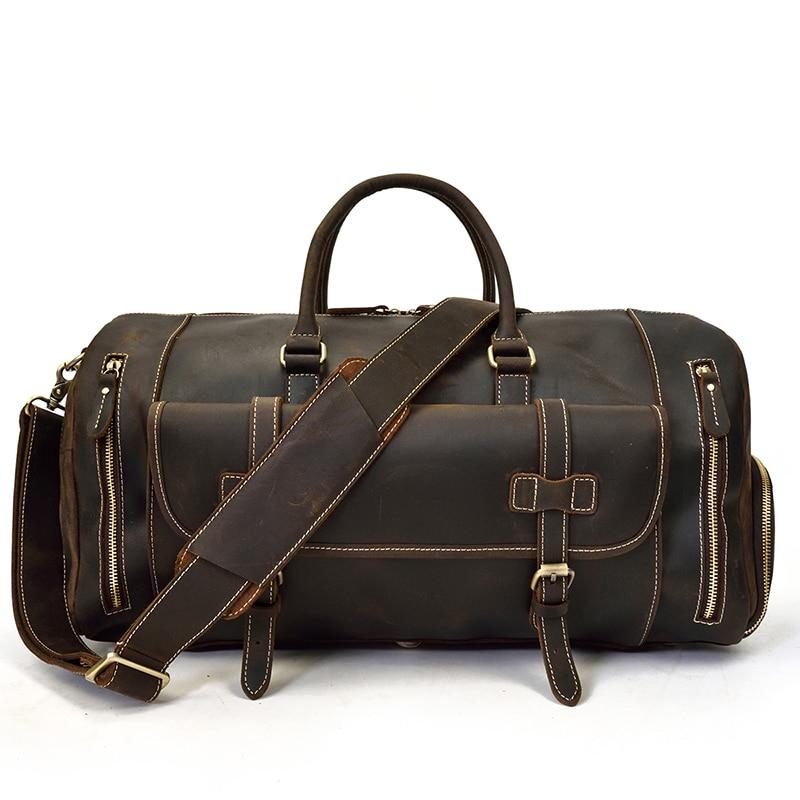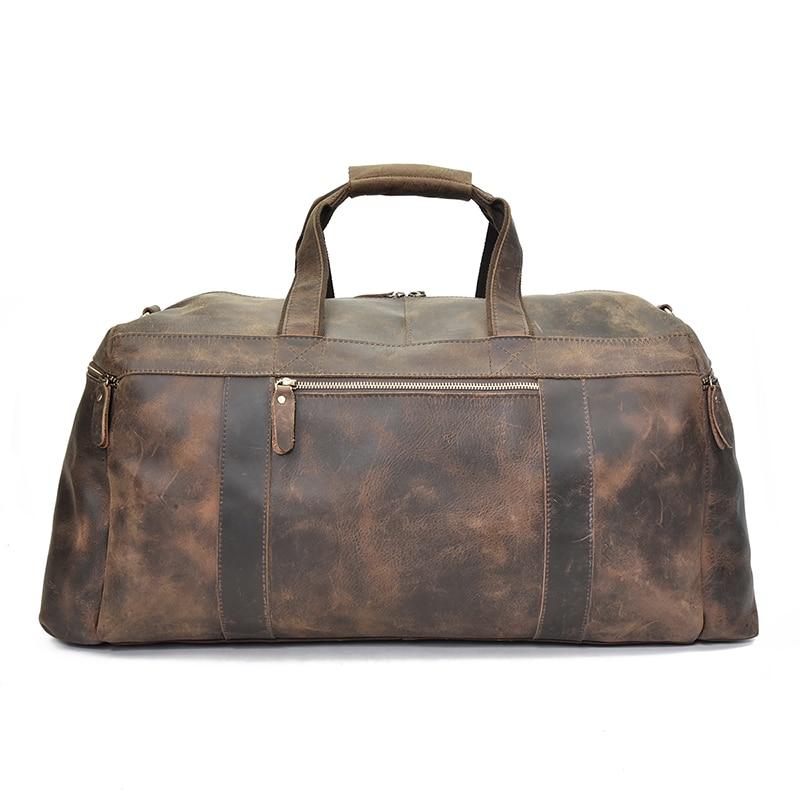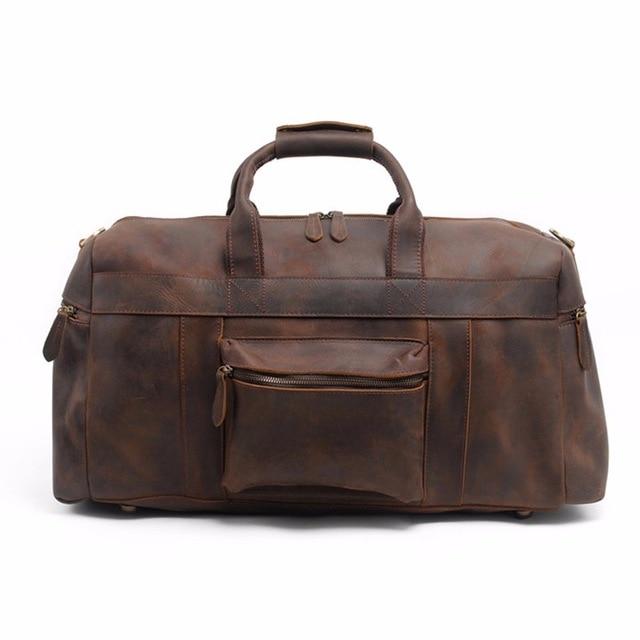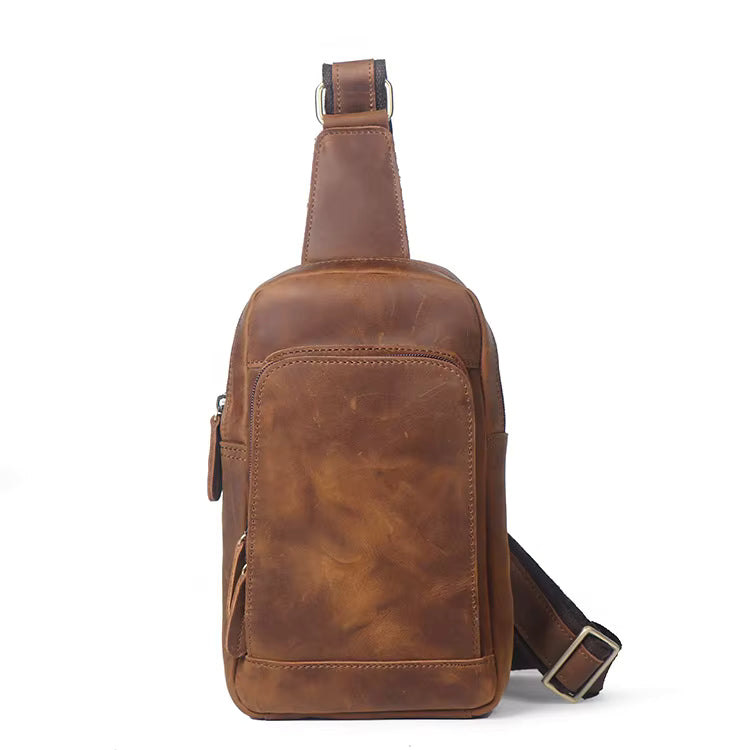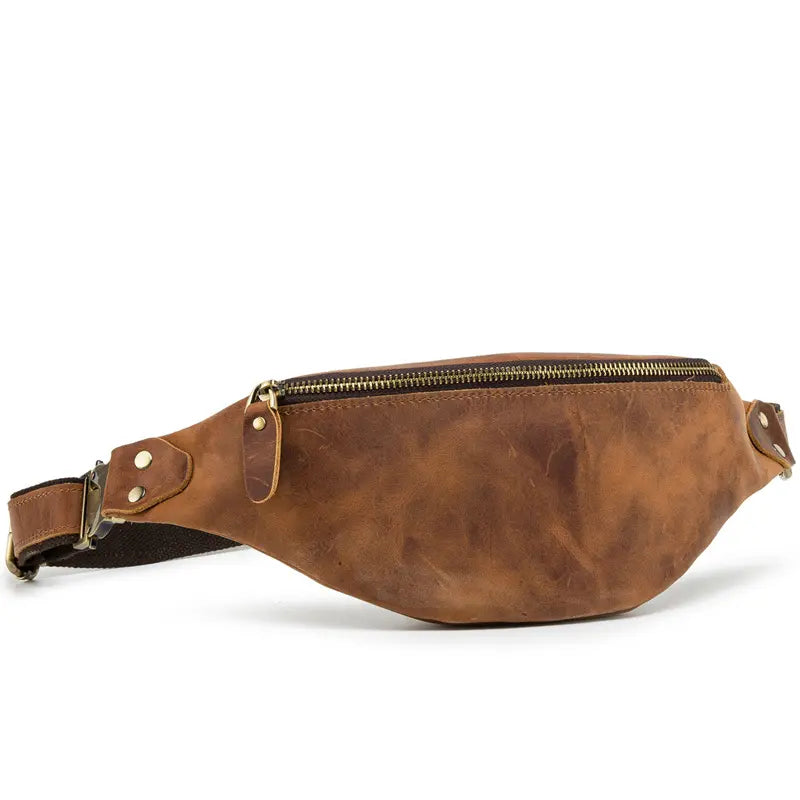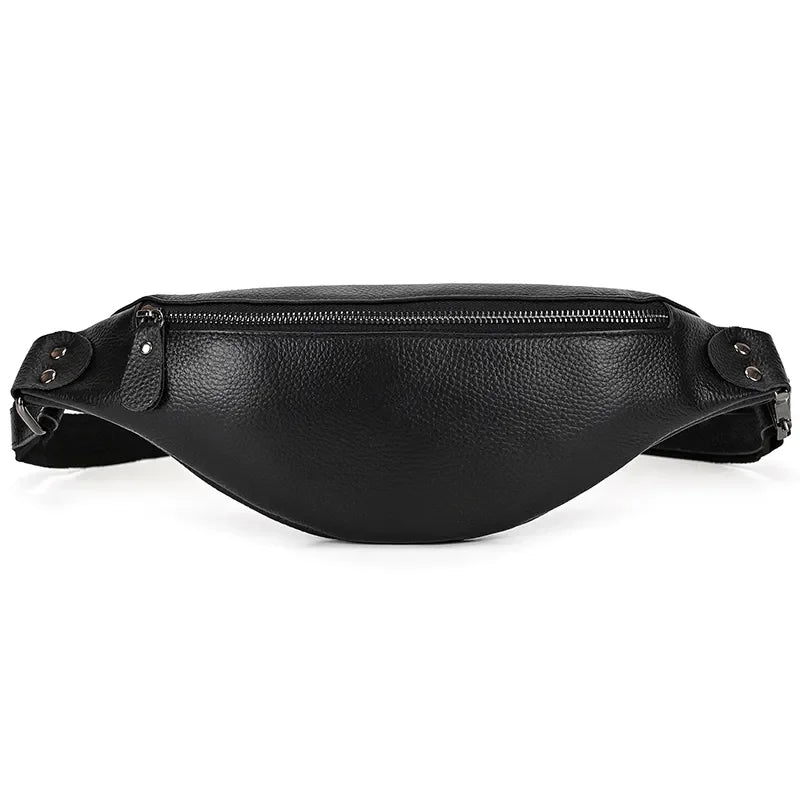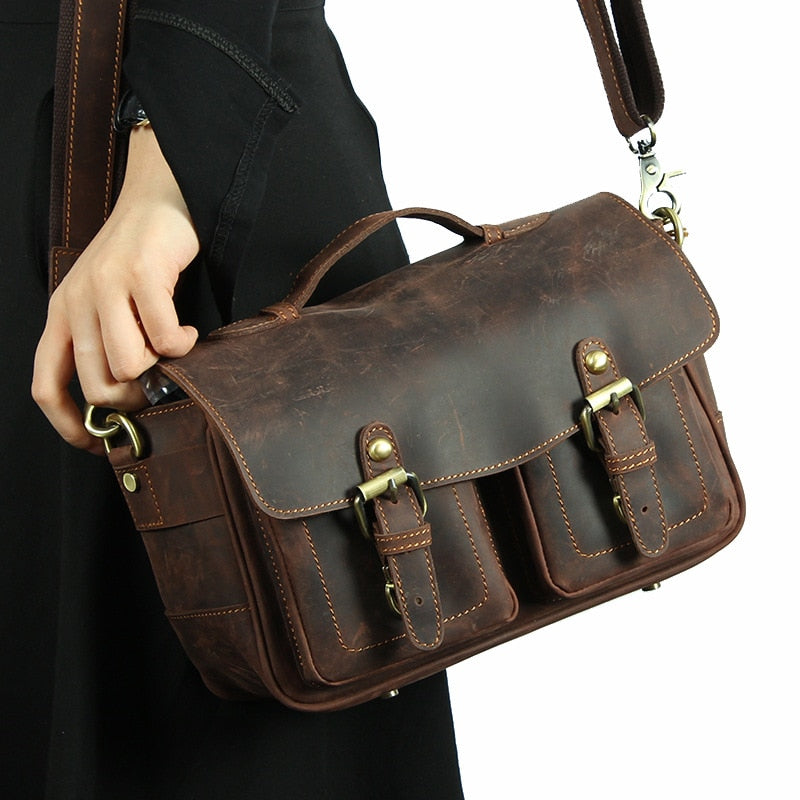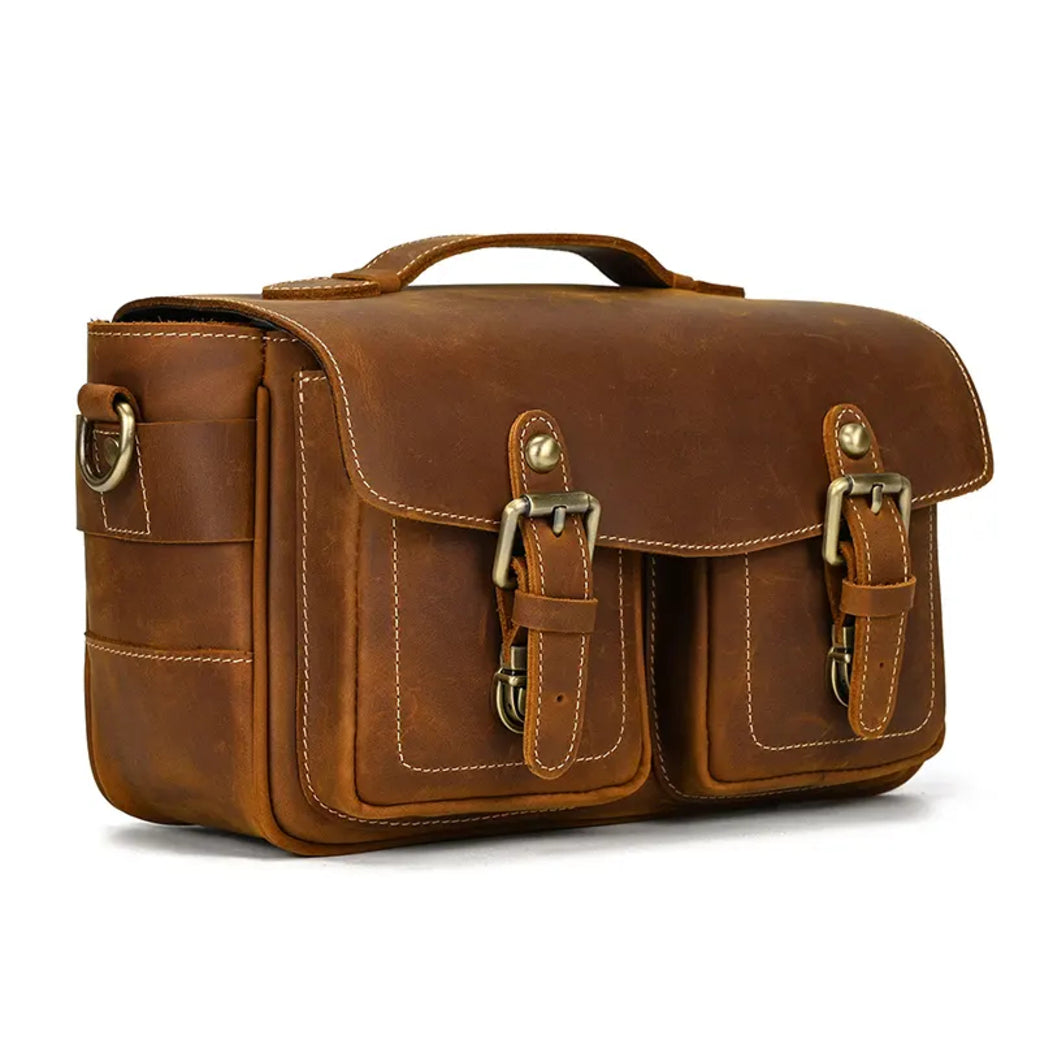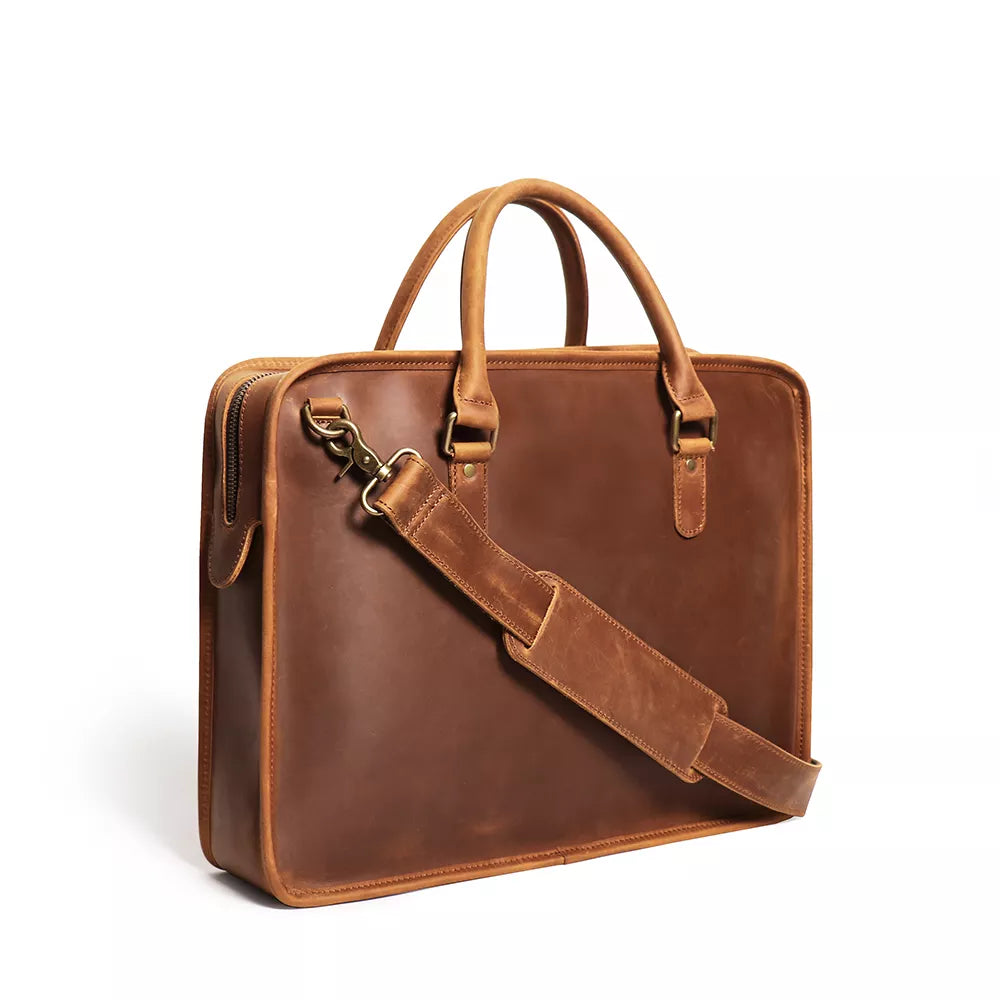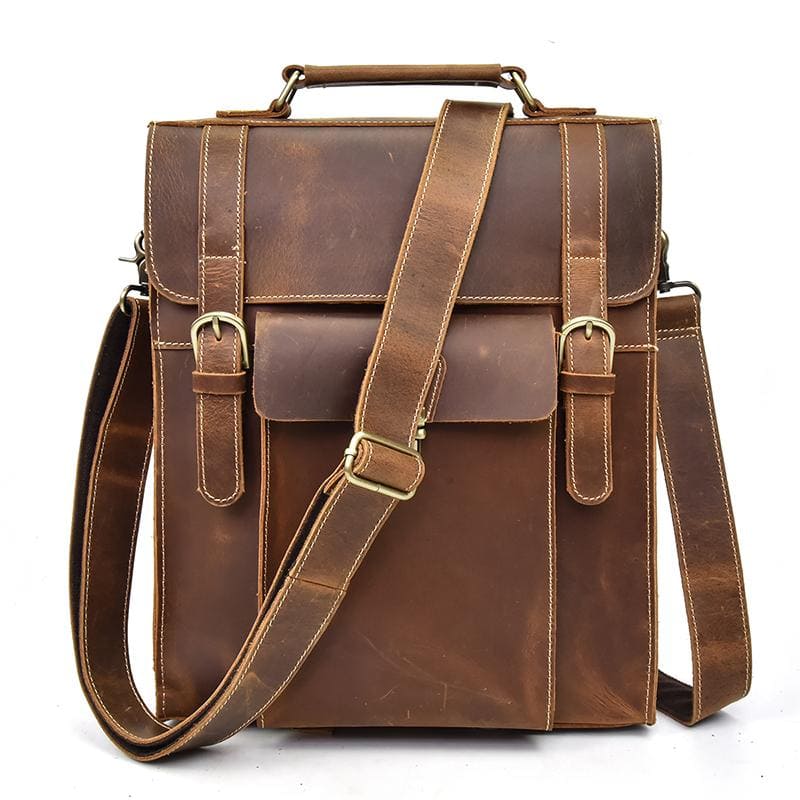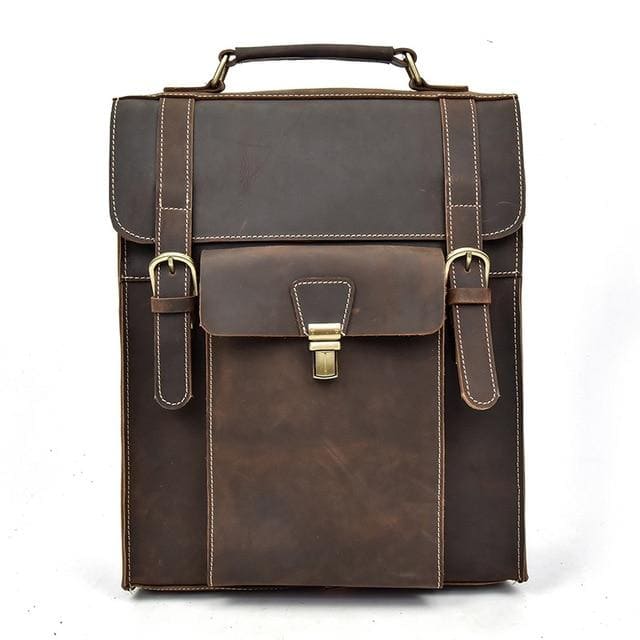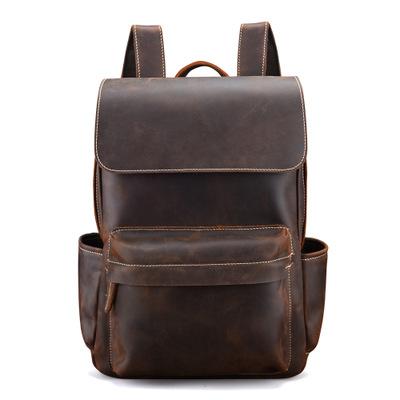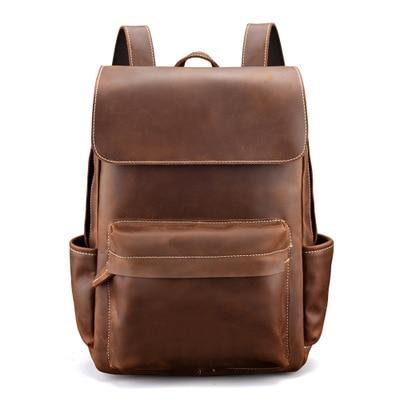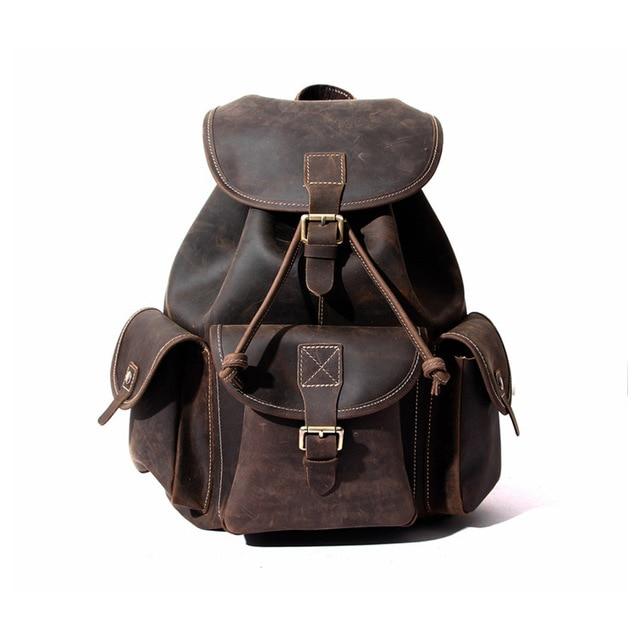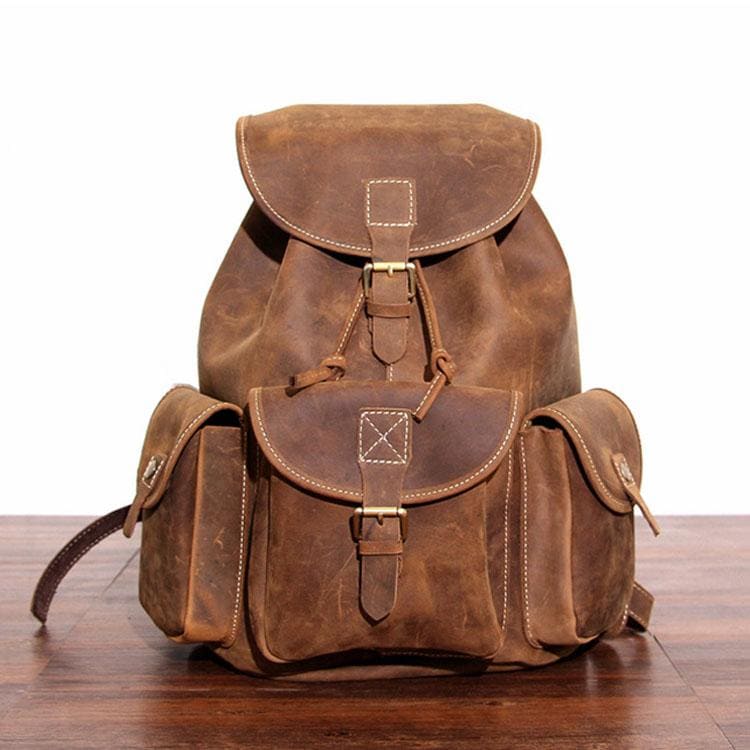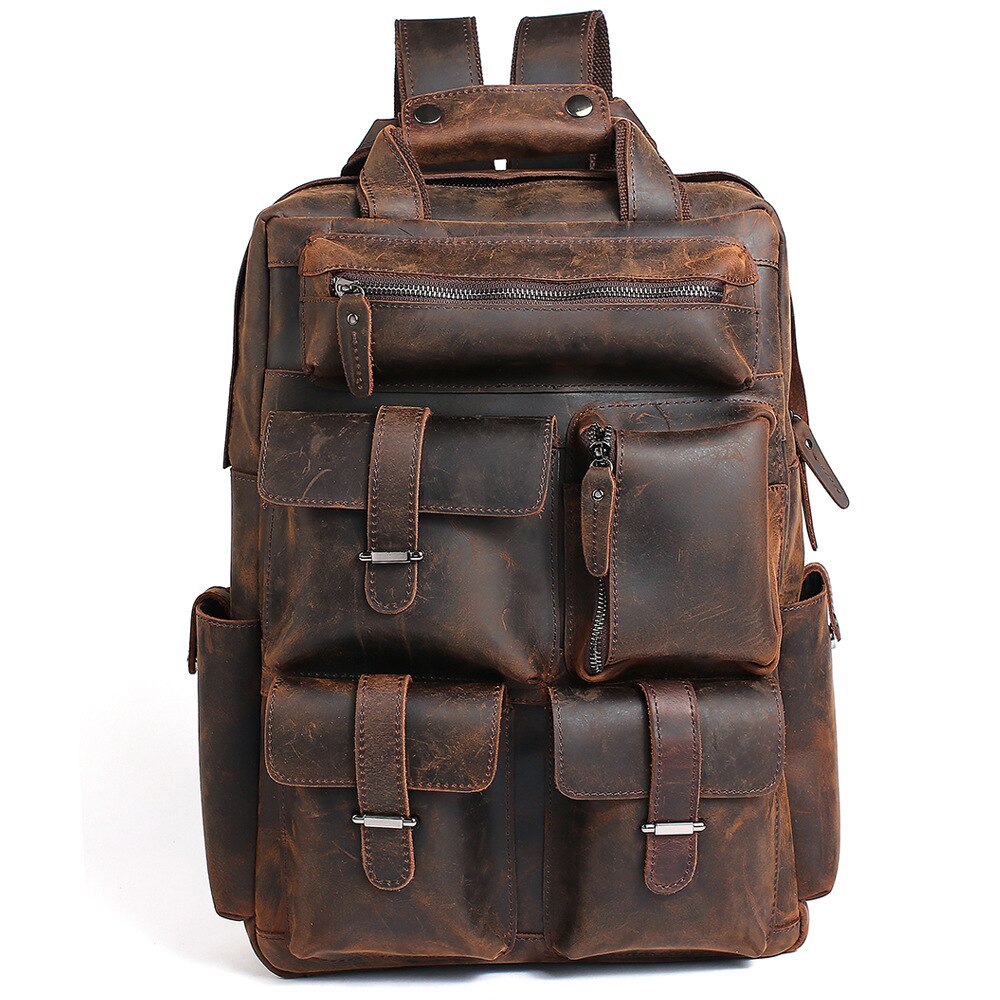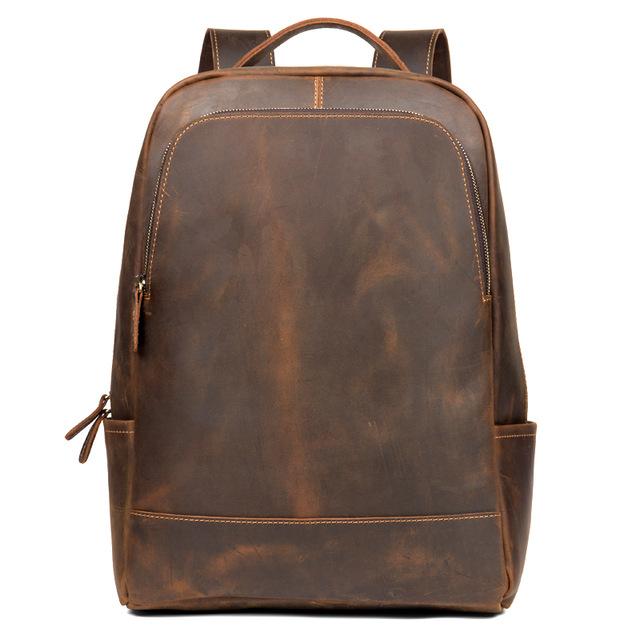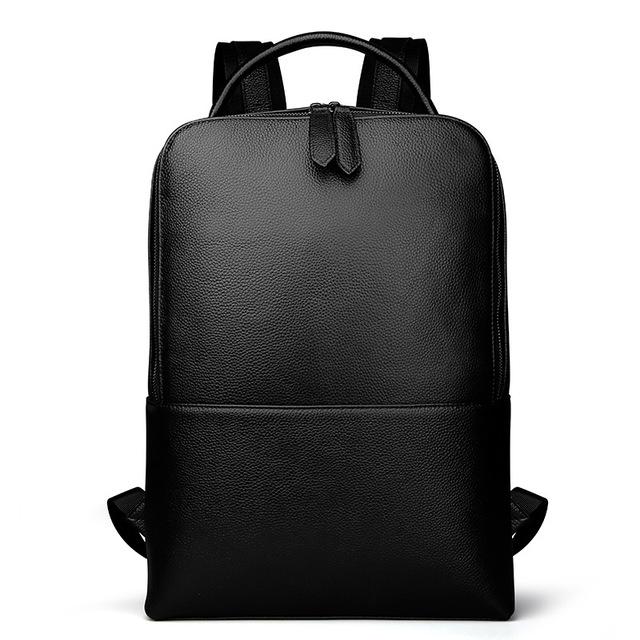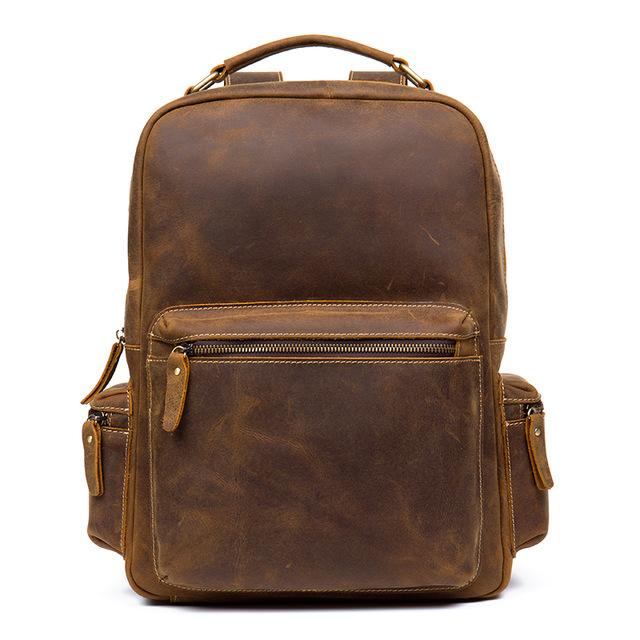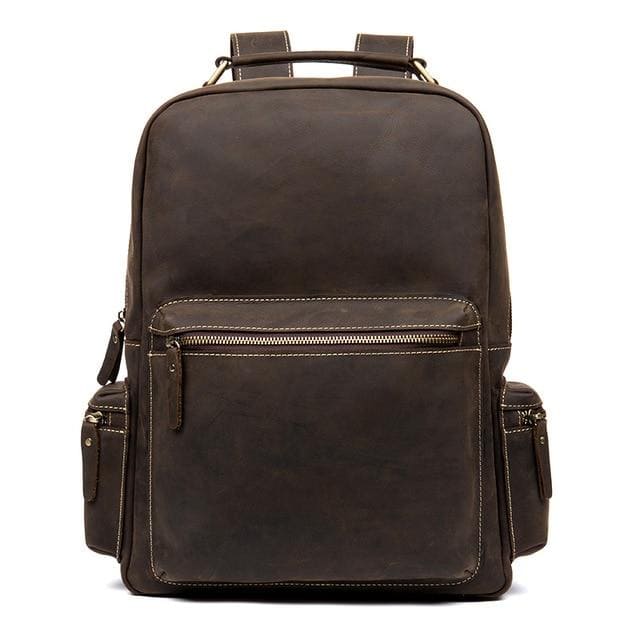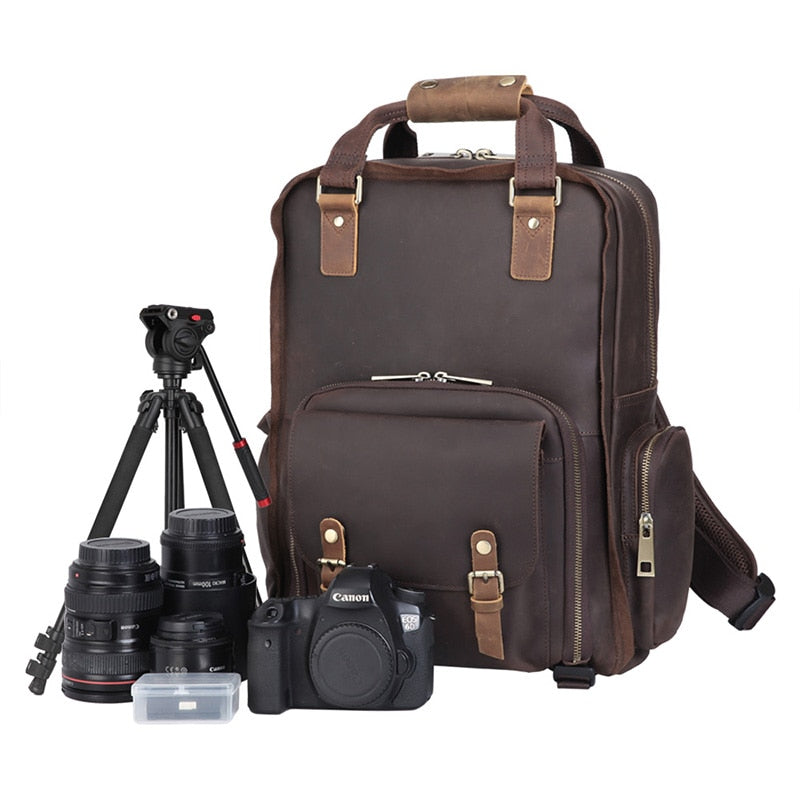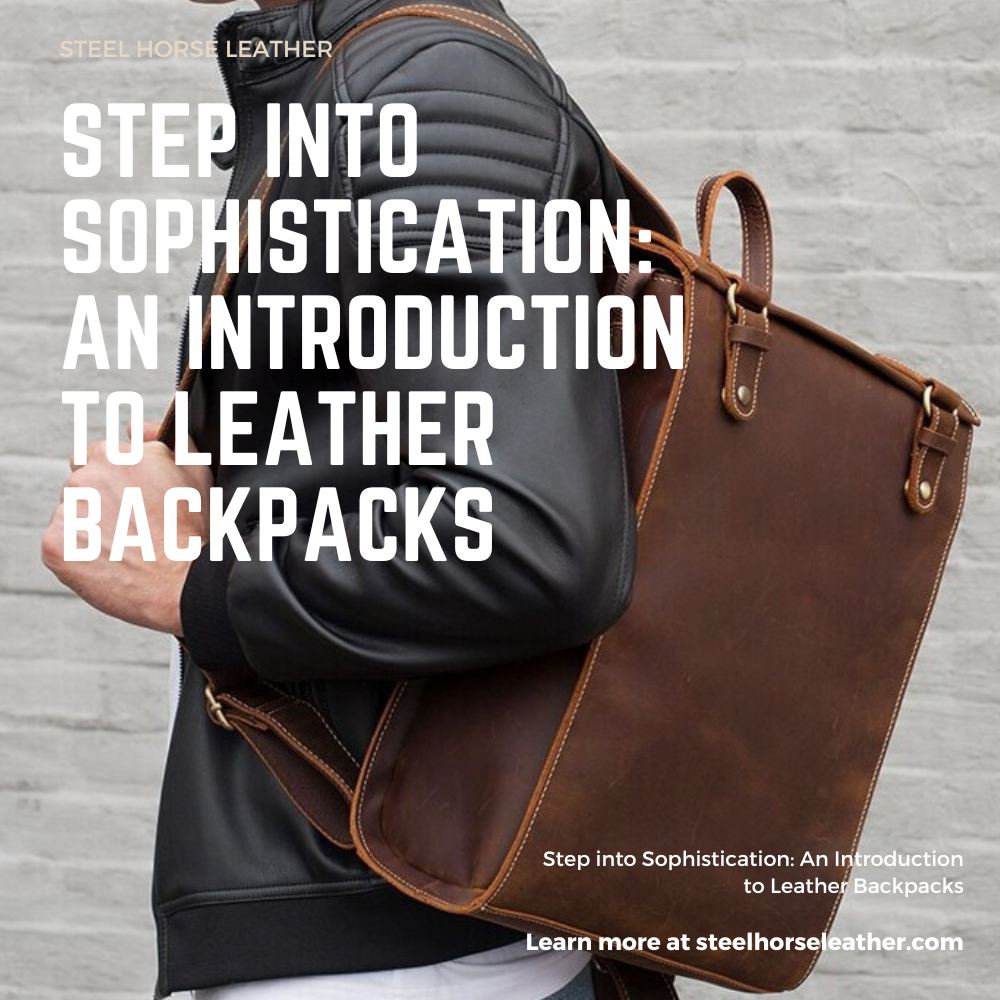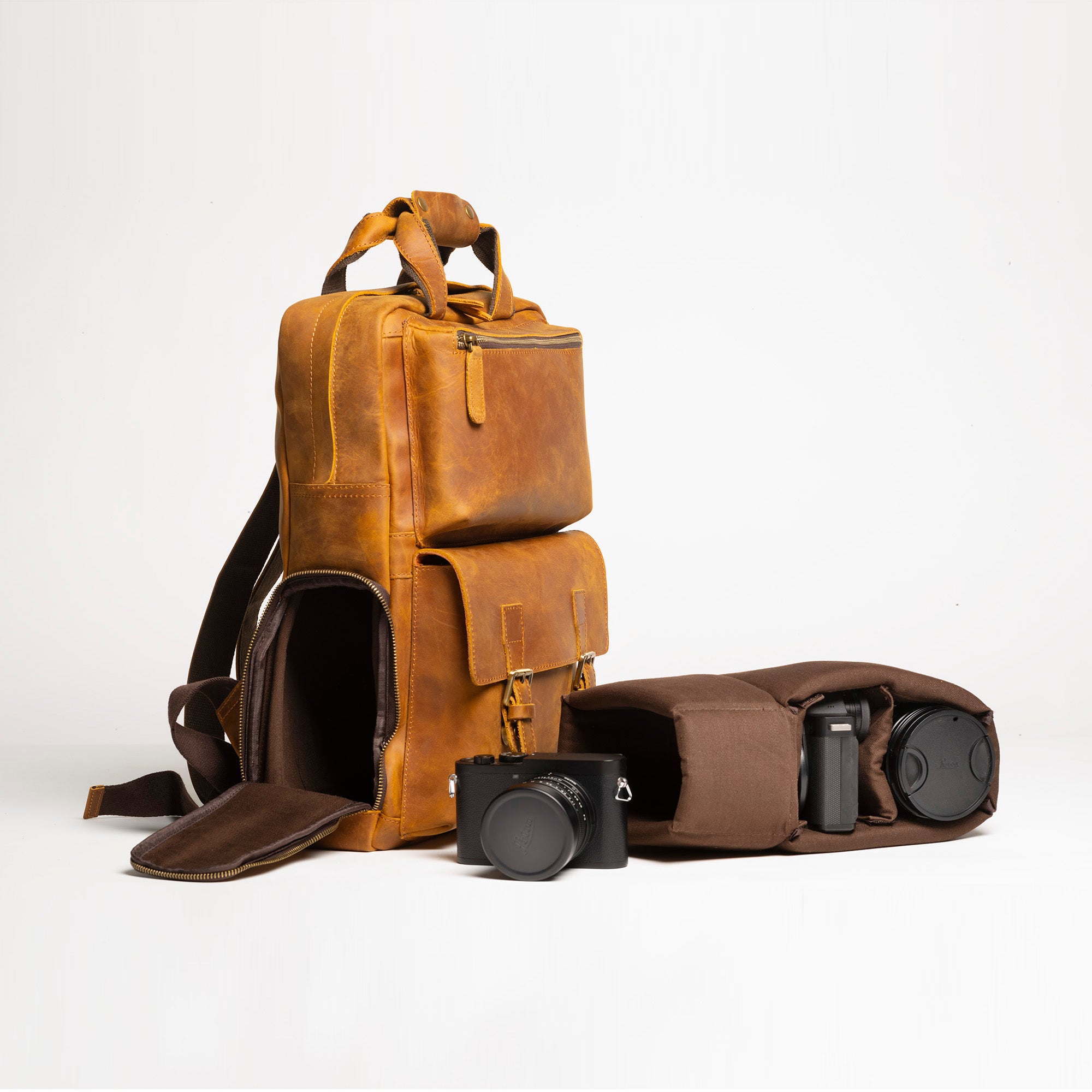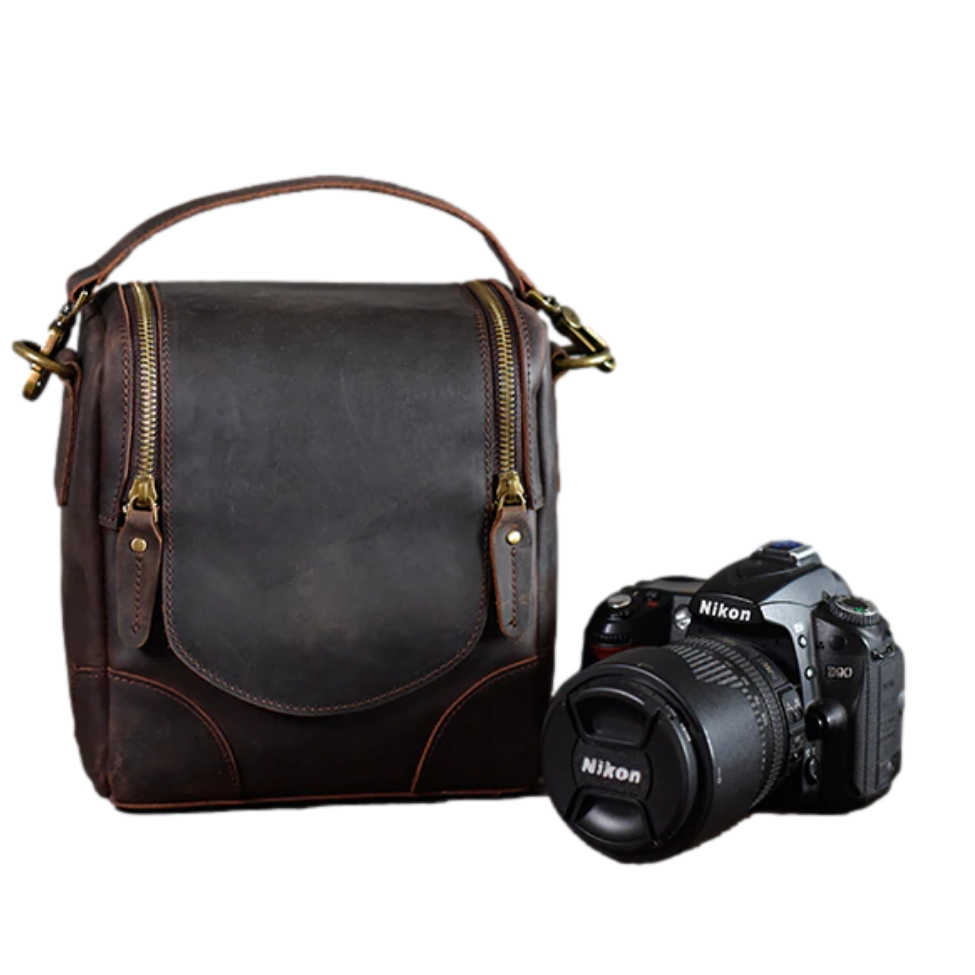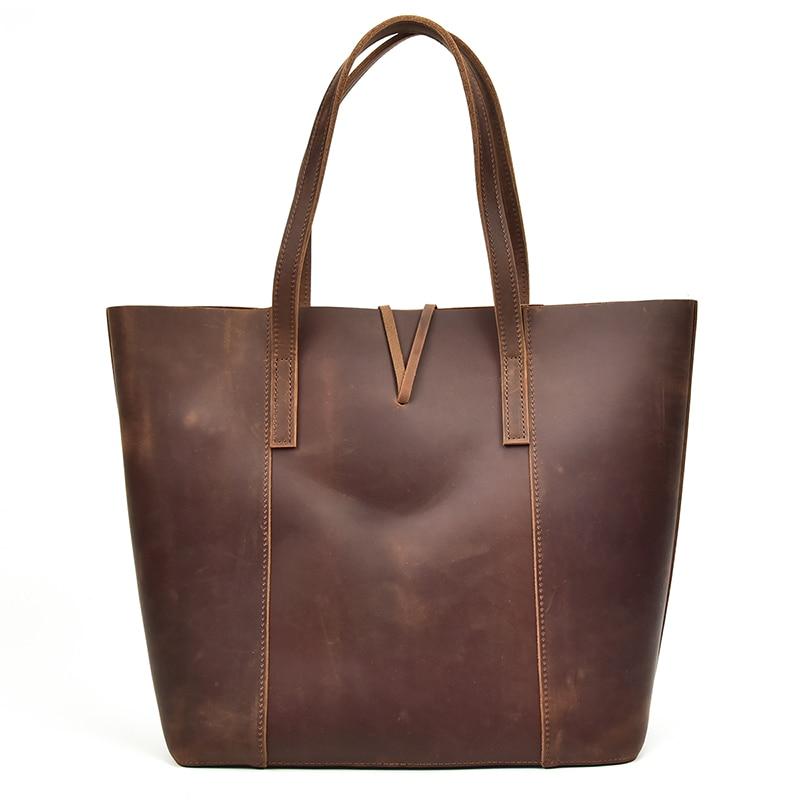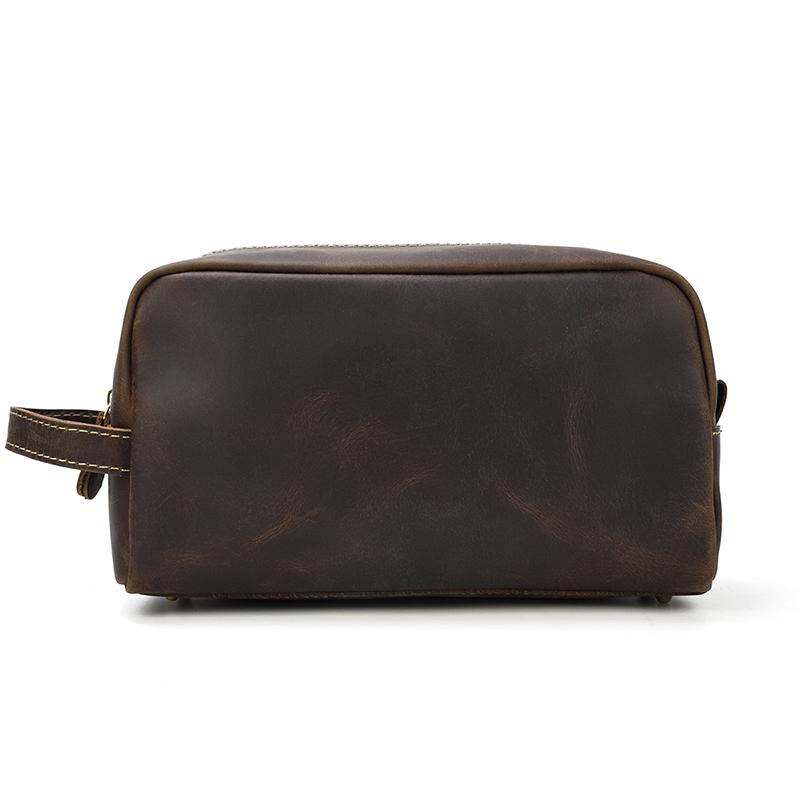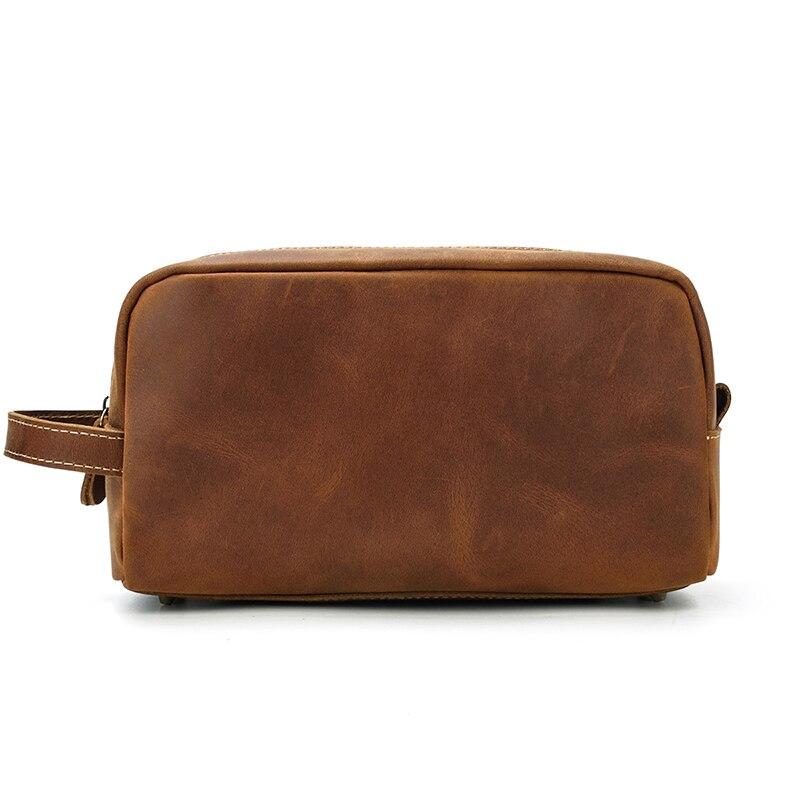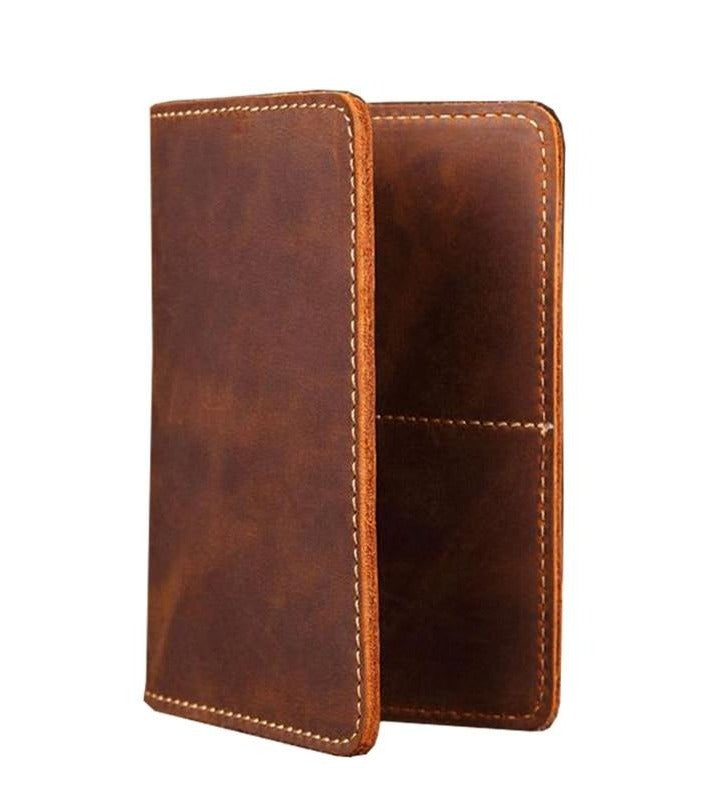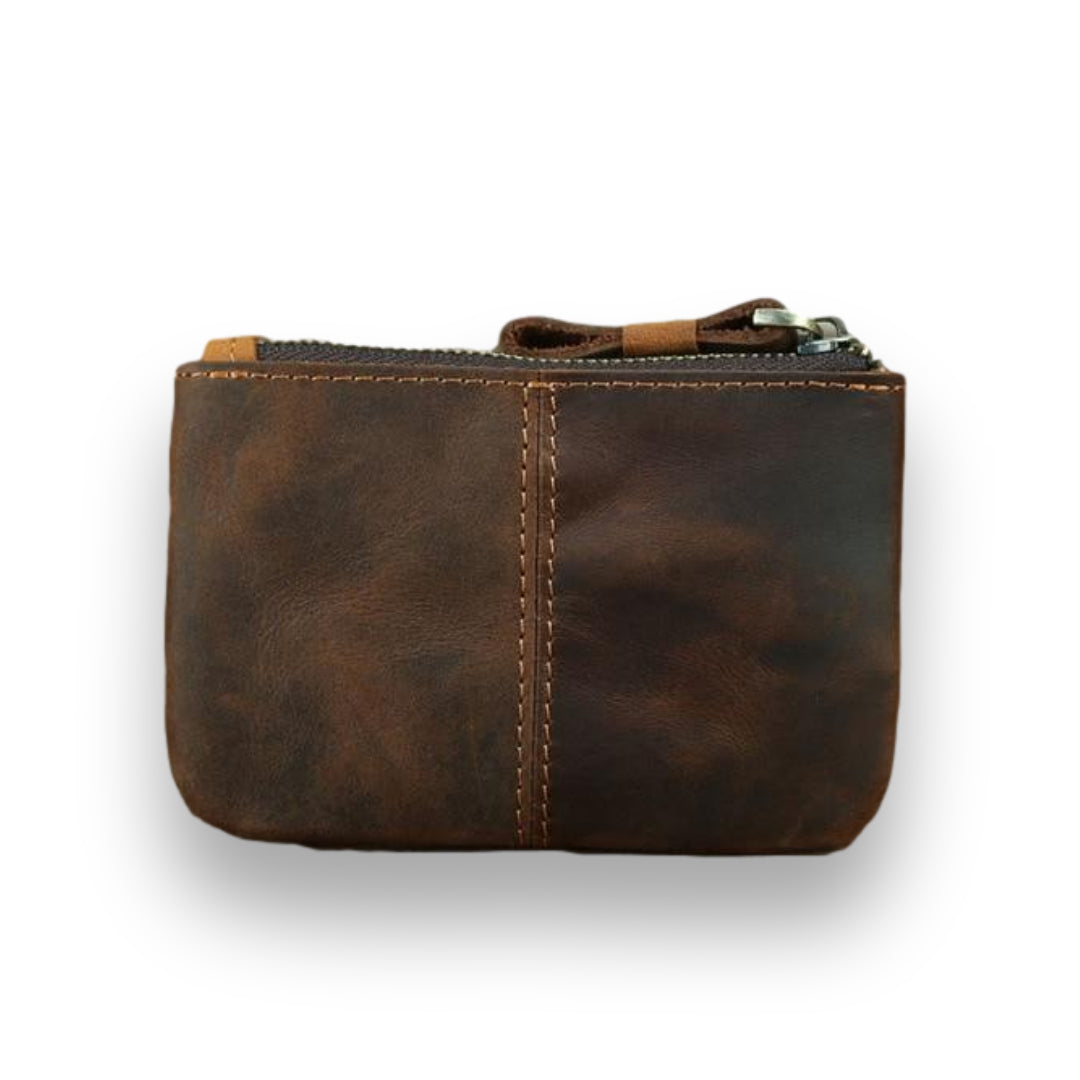Yes, it is the rucksack vs. backpack debate. The distinction between a backpack and a rucksack may have stumped you in the past. If you're like me, you've probably discovered more than you bargained for! You should read this article to find out what the real answer is to that question.
Some of the gear sites I visited yesterday advertised 'rucksacks' instead of 'backpacks,' which confused me. This was made even more intriguing by the fact that Berghaus, a renowned brand, offers numerous distinct backpack alternatives, some of which are referred to as rucksacks and others as backpacks.
The question arose: what's the difference between the two? A little inquiry led me here, whereupon I thought I'd make a brief piece about it. Besides explaining the distinctions between them, this article will also help you determine which is the most appropriate for you. Many elements make a backpack or rucksack wonderful - from the capacity to carry big loads, to be waterproof, to lightweight design, and many more.
Key Takeaways
- The distinction between rucksacks and backpacks is more about regional terminology than actual functional differences
- Rucksacks are generally associated with military use and tend to be more rugged and durable in construction
- Both types have evolved significantly over time, incorporating advanced features like internal frames and ergonomic designs
- The choice between the two should be based on intended use, required capacity, and specific features rather than terminology
- Modern designs of both types include essential features like padded hip belts and multiple compartments for optimal functionality
Understanding Backpacks

In the United States, the term "backpack" is commonly used to refer to heavy packs (50 liters and more) used by professional hikers. This is why smaller packs (20-30 liters) are sometimes referred to as "Daypacks" (to carry only what you need for a day-long excursion). However, both of them fall under the umbrella word "backpack."
Basic Features of Backpacks
Look at Backpack and you'll see that there isn't much of a difference, except the English language. On the surface, it seems to be a backpack or sack. What is a Backpack? A backpack is a bag that may be carried about on your back. While we didn't invent or invent the backpack, we did coin the name "backpack". When we think of a child's schoolbag in the United States, we generally think of it as a backpack. But in a larger sense, a bag will suffice for a day excursion or weekend getaway, depending on your destination.
Two shoulder straps are common on a regular backpack. The shoulder straps, on the other hand, bear very little weight in a perfect backpack. Instead, the majority of the weight is shifted to the hip belts, which are cushioned. Why are hip belts used in the first place? As long as you wear your hip belt appropriately, it can help you shift the weight of your backpack off your shoulders and onto your hips. You're letting your body's largest muscles, your legs, take virtually all of the weight. The padded hip belt, on the other hand, must be long enough to cover the front of your hip bones, and not just your waistline itself.
Research has consistently shown the importance of proper weight distribution in backpack design. Studies indicate that when backpack weight is effectively distributed between the hips and shoulders through features like padded hip belts, it significantly reduces discomfort and minimizes the risk of musculoskeletal injuries during prolonged use (Saleh & Ali, 2025; Oberhofer et al., 2018). This is particularly crucial for hikers and outdoor enthusiasts who carry heavy loads over extended periods.
The History of Backpacks
The backpack has a long and colorful history since it is a need for everyday living in various civilizations and eras. Throughout the years, backpacks have changed and their functions have become more sophisticated as a result of advances in technology. Taking a look back, these are some of the most notable years in backpack evolution:
- An ancient mummy dating back to the 4th century B.C. was discovered at 3200 meters in the Italian Alps in September 1991. This is tzi's mummy, according to the inscription. Scientists will also uncover items, including what seems to be an ancestor of a leather backpack and a frameless backpack.
- After submitting a patent for the American army in 1877, Henry Merriam proposed for them to utilize a metal exterior construction to ease the soldier's job and lessen the burden he had to hold on his shoulders But despite solving one of the world's most pressing problems, this idea was discarded for being uncomfortably unwieldy
- Until 1938, the primary means of closing were straps and buckles. Gerry Cunningham created a large backpack with two zippered compartments at the time.
- 1950s: Mountaineering and trekking began to gain popularity in wealthier areas in the middle of the 20th century. Dick and Nena Kelty created a parachute canvas framed backpack with an external frame.
- This was the year Greg Lowe realized that bags without reinforcements could not handle big loads and that bags with exterior reinforcements weren't suitable for difficult terrain, so he pushed for internal reinforcements.
- This new model was designed by the Keltys in 1970 as a result of their desire for innovation. This one featured a clip belt buckle, and it was constructed of stainless steel.
Uses of Backpacks
In addition to carrying books, laptops, digital gadgets, camping and hiking gear, backpacks are quite flexible. Backpacks can be used to go across town or to go camping. For this reason, each pack is perfect for a certain activity. There are numerous sorts of packs. Hunters should choose a hunting backpack. It's the same with camping and trekking. The design and the material are the only differences between the several kinds.
Backpacking Countries
There are many different meanings to the phrase backpacking, including traveling independently for fun. Hitting the road, camping, and mountain climbing are all part of the experience of backpacking. As a result, individuals have the option of enjoying nature in their spare time.
In addition to local travel, backpacking trips may also entail wilderness camping and long-distance hikes across the country. For example, hiking and mountain climbing are examples of activities that may be done to explore a country's nature. It might be your home nation or another one. Whatever type of hiking you do, a hydration backpack with all the required goods you will need on your trip is typically a common element.
Understanding Rucksacks

If you've never used one, it's just a huge, tough backpack. To begin, it is necessary to find out where these terms originated. Then I discovered that Rucksack has German origins, which is interesting. Rucksäcke, which literally means "backpacks" in German, is plainly meant to refer to a backpack. It's a sack for your back, in other words. In contrast to a backpack, a rucksack backpack is often used for camping or trekking and includes several pockets and belts for storing a larger quantity of gear.
The distinction in durability and construction between rucksacks and standard backpacks is supported by research on carrying equipment design. Rucksacks are specifically engineered for heavy-duty use with enhanced structural features such as internal frames and more durable materials, making them particularly suitable for demanding outdoor activities where load capacity and durability are critical (Ramadan & Al-Tayyar, 2020). This superior construction allows rucksacks to support heavier weights while maintaining user comfort during extended expeditions.
Features and Uses of Rucksacks
If you're exploring the wide variety of types of backpacks available today, understanding the distinction between backpacks and rucksacks is essential. The term rucksack has a German origin, which is interesting. Rucksäcke, which in alpine German literally means "backpacks," is plainly meant to refer to a type of backpack. It's essentially a tough, heavy-duty sack for your back, designed for heavier loads.
In the backpack debate of rucksack vs backpack, the key difference lies in their design and purpose. While a simple backpack or classic backpack might suffice for daily commutes or carrying school materials, a rucksack backpack is often used for outdoor activities like camping trips and hiking, featuring padded shoulder straps, adjustable hip belt, and chest straps for carrying heavy loads. Modern backpacks come in a vast range of designs, from lightweight backpacks for day trips to heavy packs with external frames for extended trips.
Military Rucksacks
A military rucksack is a backpack that is sturdy and has a large capacity. There is a lot more space in these backpacks than in a day pack. In addition to the MOLLE system, military rucksacks include several other features. As a result, the MOLLE allows for higher packing capacity than other types of packs. They have a larger carrying capacity than any other bag you can find. Military rucksacks feature a design that emphasizes strength and durability to endure any terrain and stress.
Environmental and Contextual Impact
Terminology changes not just according to the history and culture in which it was coined, but also according to the situation in which it is employed. To be sure, in the outdoor industry, the term "packs" is most often associated with long-distance travel backpacks that are meant to carry trekking, hiking, or camping supplies.
The US military is another example of how circumstance affects the type of termination utilized. Indeed, the phrase "backpack" is widely used in the United States, as we've seen above. However, in the United States military, the term Rucksack is mostly used to refer to the backpack.
The consequence is that any bags that resemble military backpacks and are used in hostile settings can now be branded as rucksacks. This has led to the term "rucksack" being often used for backpacks that have numerous pockets and are built of durable fabrics (such as wax canvas, commonly used in canvas tote bags ).
Semantic Differences and Features
The terms rucksack and backpack aren't actually interchangeable, despite the fact that they refer to the same sort of bag. Because not all backpacks are rucksacks, there is an important distinction to be made. The phrase backpack refers to the simple backpacks that you generally see on children who are still in elementary school. Rucksacks, on the other hand, are military-style backpacks that are far more robust.
Unique Features
The main compartment of a rucksack may easily be distinguished from a backpack by the way it opens. At the top, rucksacks generally feature a drawstring or something similar, followed by a flap that is attached with buckles to the body of the bag.
That doesn't mean that it has to be the case all the time. In addition to the usual zipper opening in the main compartment, you may have a mil-spec backpack with a zipper opening in the main compartment. Materials are more important than any other characteristic when it comes to making a rucksack out of a backpack.
Regional Differences
US vs UK Usage
I wanted to know whether there were any distinctions between the United States and the United Kingdom (UK). From what I can see, there aren't many variations in the way these words are employed. Many individuals tend to confuse the terms. It appears that the word backpack is also used while searching for hiking gear vendors in the United States. According to the evaluations below, however, the US military seems to use the term rucksack quite a bit.
According to my understanding, the difference between a backpack and a rucksack is that a backpack is larger and may be used for longer journeys and expeditions into the wilderness, such as weeks to months. There's not much to back it up, however. It appears that there are a number of backpacks and rucksacks with similar sizes available for purchase. However, in terms of hiking daypack, it seems that rucksacks were more widespread in the UK than in the United States.
American vs British Terminology
Americans and British use different terms to describe the same thing at times. So, the name "rucksack" refers to a type of bag used by British people. The Americans, on the other hand, use the term backpack to refer to the same thing as the British.
Choosing the Right Bag
| Need | Bag Type | Key Specs |
|---|---|---|
| ⛰️ Hiking / Backpacking | Daypack (20–35L) | Ergonomic straps, ≤10% body weight |
| ✈️ Travel / City | Travel Backpack (35–50L) | Light (<1.5 kg), airline carry-on |
| 🏕️ Weekend Camping | Weekender (40–60L) | Laptop sleeve + pockets |
| 🛠️ Health & Safety | Any Backpack | Padded back, hip belt, <8 kg load |
| 🎒 Spotlight: Bjarke Weekender | |
|---|---|
| Size | 23.6" × 11.8" × 11.8" (~55L) |
| Material | Crazy horse leather |
| Features | 15" laptop slot, ergo-straps, multi-pockets |
| Best For | 2–3 day trips, city + trail |
PH Rule: Max 10% of your weight. Pick: Hiking → Daypack | Travel → Bjarke-style Weekender
What to Look For
What we care about the most, which is hiking and backpacking, suggests that a backpack will be your greatest choice when it comes time to get out there. With that in mind, shopping for a backpack is a great idea. Be aware that there are many various sorts of backpack sizes, such as daypacks, hiking packs, and so on.
When selecting the right bag, it's essential to consider not just capacity and features, but also health and safety implications. Research has demonstrated that improper backpack design and overloading can lead to significant musculoskeletal disorders, particularly affecting the spine and shoulders (Suri et al., 2019). Therefore, prioritizing ergonomic features and adhering to appropriate weight limits is crucial to prevent discomfort and potential injury, especially for those planning extended outdoor activities.
Travel Backpack Selection
Finding a decent travel backpack is vital, whether you're planning your next camping trip, taking a city vacation, or just need a durable bag for your minimal luggage. "Good" backpacks, on the other hand, are determined by what you value most, from size, material, and color to features and functionality.
A travel bag or backpack's size and weight are the two most significant elements to consider while choosing a bag. Depending on how long you'll be living out of your bag, you'll probably want something lightweight. There's also a requirement that it be large enough to hold all the basics, though.
A Perfect Example: The Bjarke Weekender
During our journey to understanding and crafting the perfect bag, we developed The Bjarke Weekender, which exemplifies the fusion of backpack utility with rucksack durability. While working on this project, we discovered that customers often seek a balance between sophistication and functionality. The Bjarke Weekender, crafted from high-quality crazy horse leather, represents this balance perfectly with its dimensions of 23.6" x 11.8" x 11.8" making it ideal for short trips or daily use.
Our development team specifically focused on creating a bag that addresses common carrying concerns. The ergonomically designed straps and thoughtful weight distribution system emerged from countless hours of testing and user feedback. The inclusion of a 15" laptop compartment alongside multiple organizational pockets demonstrates how modern needs can be met while maintaining traditional craftsmanship values.
Summary
So, there you have it, a brief overview of the subject. When it comes to backpacking or hiking, it appears that the phrases "backpack" and "rucksack" are used interchangeably. When it comes to hiking gear in the United States, the phrase "backpack" may be more often used, but the term "rucksack" is also commonly used, especially in military circles.
As far as I can tell, there's a different term for the same thing in the UK. A rucksack, which is a smaller version of the huge backpack used for shorter treks and overnight backpacking excursions, is the only distinction I saw in the United Kingdom. As previously said, I was unable to corroborate this in any way, so I won't accept it as gospel, and it definitely doesn't appear to fit with the US military's description of a backpack.
Why Trust Our Bag Craftsmanship Insights?

At Steel Horse Leather, our deep understanding of bags and carrying equipment comes from years of hands-on experience in leather craftsmanship and design. Our master artisans have dedicated their lives to perfecting the art of creating durable, functional bags that stand the test of time. This expertise uniquely positions us to discuss the nuances between different types of bags, from traditional rucksacks to modern backpacks.
Our commitment to quality extends beyond mere craftsmanship. We've spent years studying and working with various materials and designs, giving us intimate knowledge of what makes a carrying solution truly effective. Through our extensive work with traditional leather-working methods and our thorough understanding of bag construction, we've gained valuable insights into the evolution of carrying equipment - from simple sacks to sophisticated modern designs. This hands-on experience allows us to offer informed perspectives on the practical differences between various bag types and their optimal uses.
Moreover, our holistic approach to sourcing and production has given us a comprehensive understanding of materials and construction methods. We've extensively researched and vetted numerous suppliers and manufacturing techniques, allowing us to speak authoritatively about durability, design features, and practical applications of different bag styles. This knowledge, combined with our commitment to ethical production and quality craftsmanship, enables us to provide reliable, experience-based insights into the world of backpacks and rucksacks.
Frequently Asked Questions
What Is The Main Difference Between A Rucksack And A Backpack?
While the terms are often used interchangeably, rucksacks typically refer to more robust, military-style bags with multiple pockets and durable materials. Backpacks are generally considered more versatile and can range from simple school bags to professional hiking gear.
Which Is Better For Hiking And Camping?
Both are suitable for outdoor activities, but rucksacks are often preferred for longer expeditions due to their durability and larger capacity. Backpacks, especially those designed specifically for hiking, are equally capable and often come with specialized features for outdoor use.
How Did These Terms Originate?
The term "rucksack" has German origins, coming from "Rucksäcke," which literally means "back sack." The term "backpack" is more commonly used in American English and was popularized in the United States.
Are There Regional Differences In Usage?
Yes, the term "rucksack" is more commonly used in the UK and European countries, while "backpack" is the preferred term in the United States, except in military contexts where "rucksack" is standard.
What Should I Consider When Choosing Between The Two?
Focus on your specific needs rather than the terminology. Consider factors like capacity, durability, intended use, comfort features, and weather resistance rather than whether it's called a backpack or rucksack.
Conclusion
Overall, many individuals use the phrases "backpack" and "rucksack" interchangeably in their everyday speech. It's possible that some of the distinctions stated above aren't even universal. Both are appropriate for a day excursion, a weekend getaway, a trip to the grocery store, or a walkabout campus. When picking the finest backpack or rucksack for your purposes, you should pay more attention to the design and the extra bells and whistles.
So, enjoy your backpack, rucksack, or any other type of bag for whatever purpose you use it! No need to get mired down in technicalities, just focus on getting ready for your next camping trip or whatever it is that you like doing in the Outdoors.
References
Oberhofer, K., Wettenschwiler, P., Singh, N., Ferguson, S., Annaheim, S., Rossi, R., … & Lorenzetti, S. (2018). The influence of backpack weight and hip belt tension on movement and loading in the pelvis and lower limbs during walking. Applied Bionics and Biomechanics, 2018, 1-7. https://doi.org/10.1155/2018/4671956
Ramadan, M., & Al-Tayyar, S. (2020). Development and experimental verification of an ergonomic backpack. Biomedical Research International, 2020(1). https://doi.org/10.1155/2020/1437126
Saleh, M., & Ali, M. (2025). Addressing musculoskeletal pain associated with school bag weight in schoolchildren. NASN School Nurse, 40(5), 238-241. https://doi.org/10.1177/1942602x251361432
Suri, C., Shojaei, I., & Bazrgari, B. (2019). Effects of school backpacks on spine biomechanics during daily activities: A narrative review of literature. Human Factors: The Journal of the Human Factors and Ergonomics Society, 62(6), 909-918. https://doi.org/10.1177/0018720819858792
























